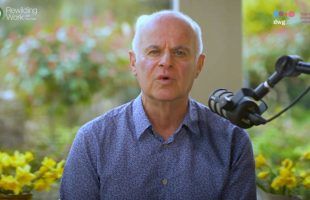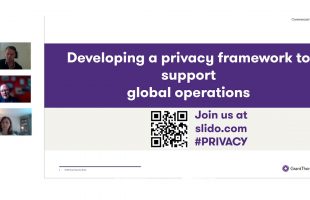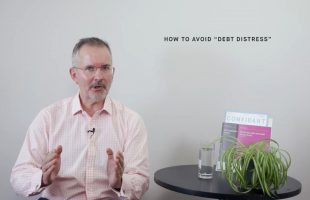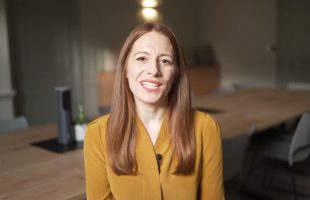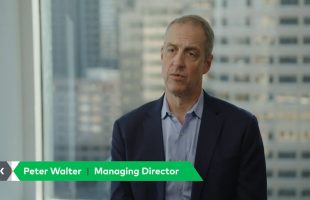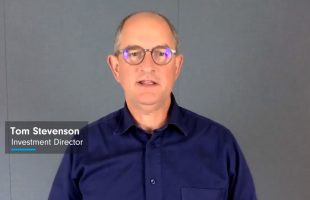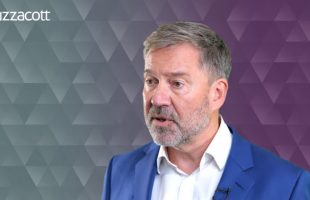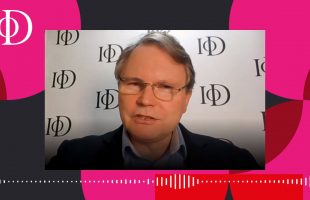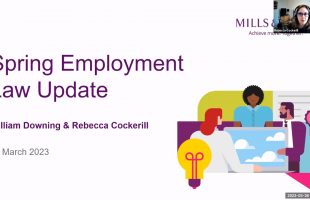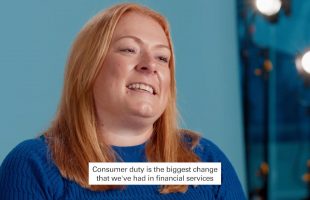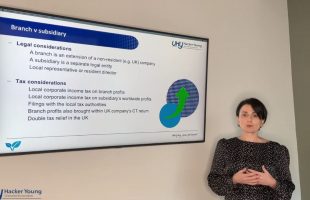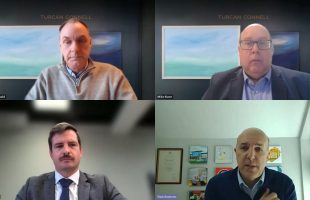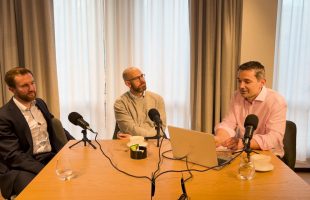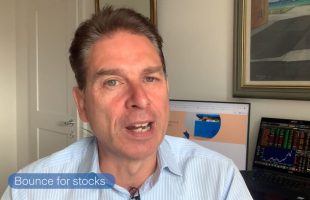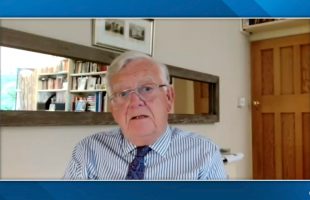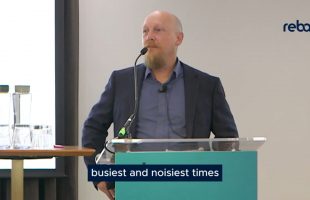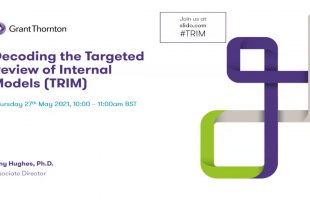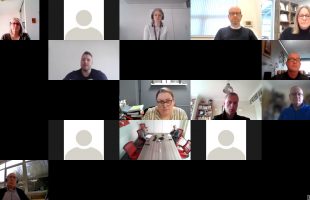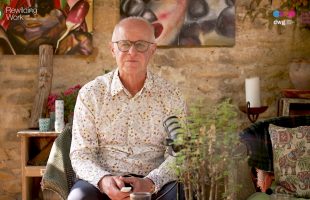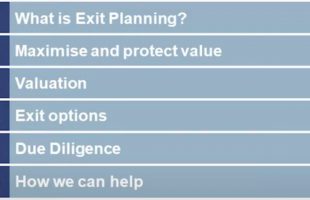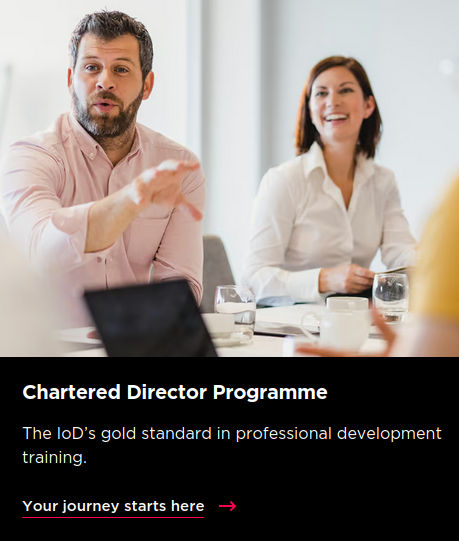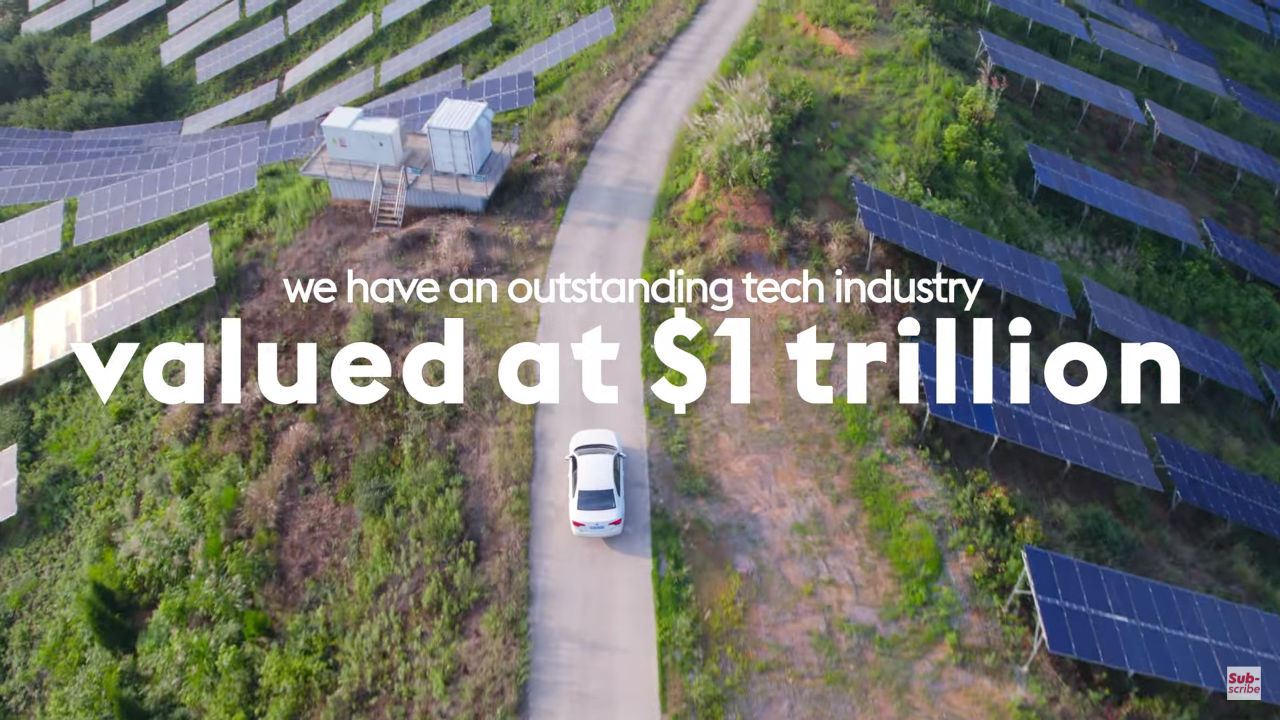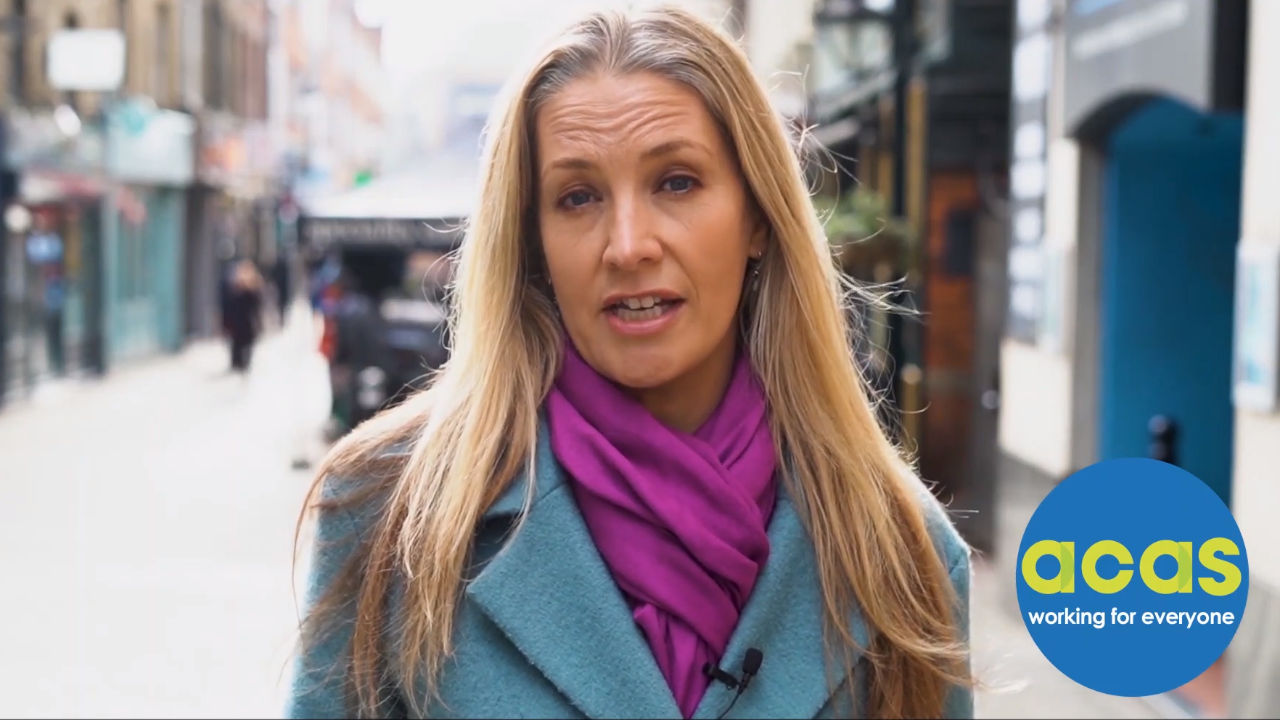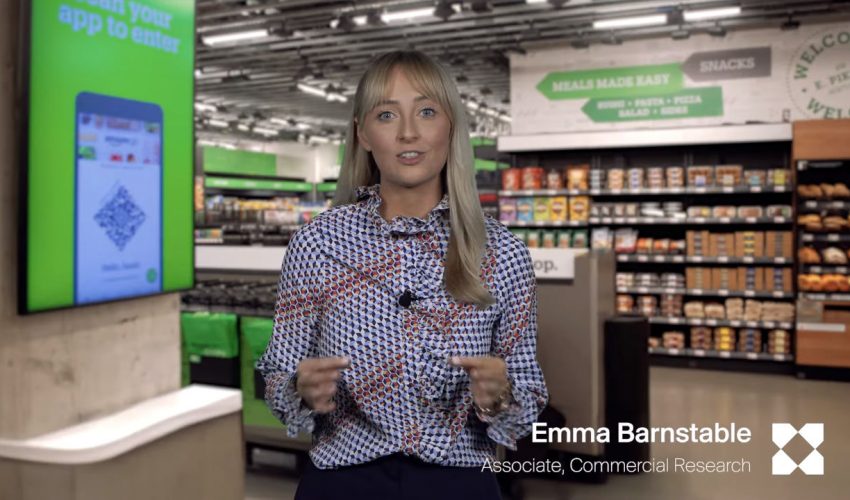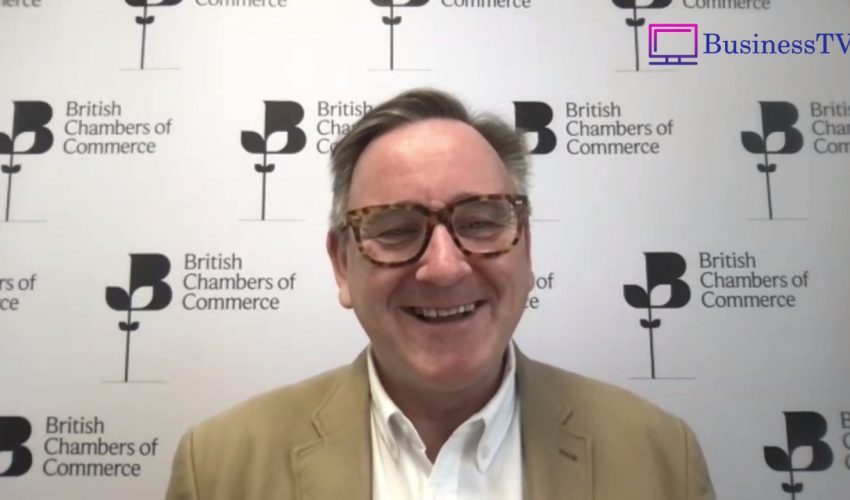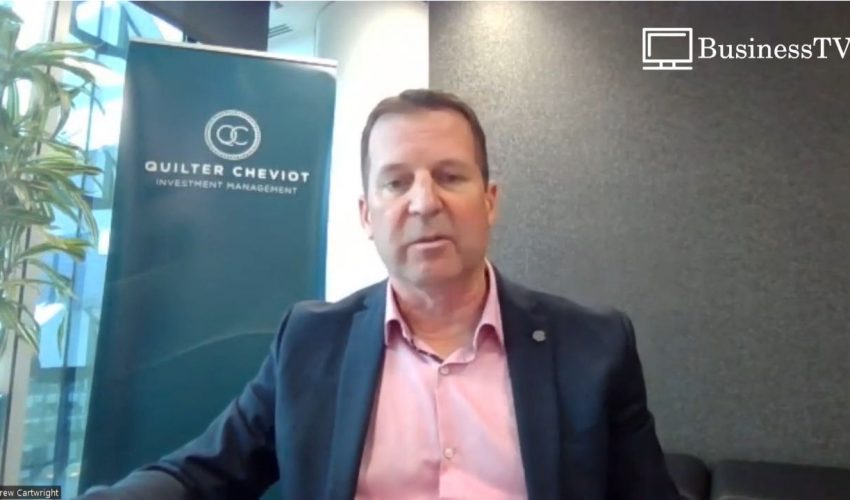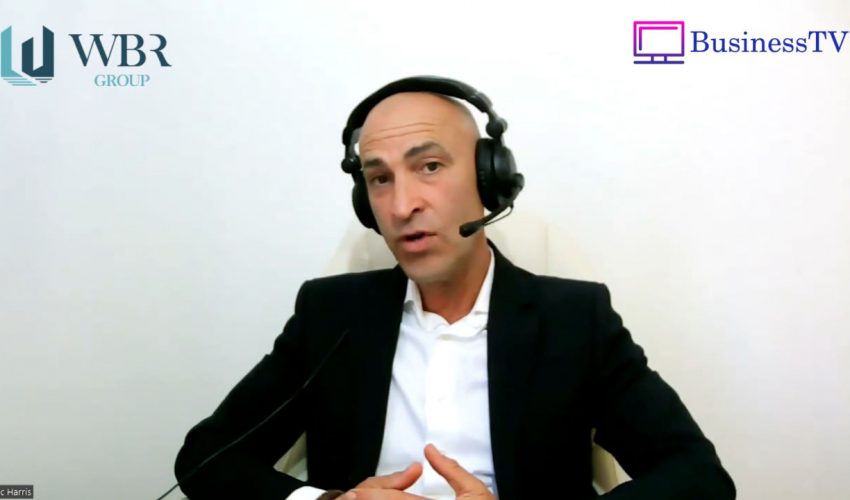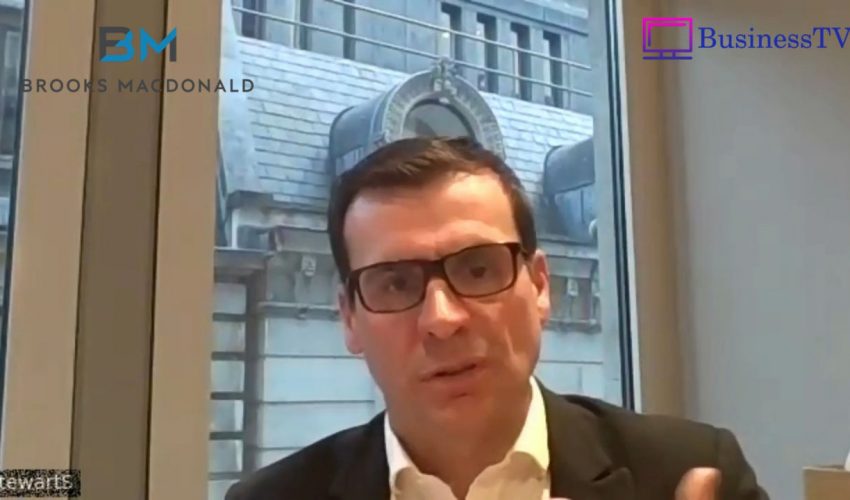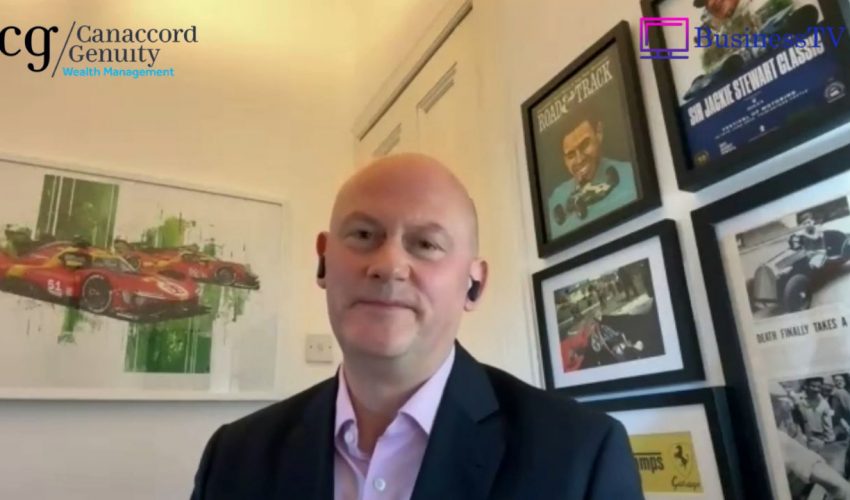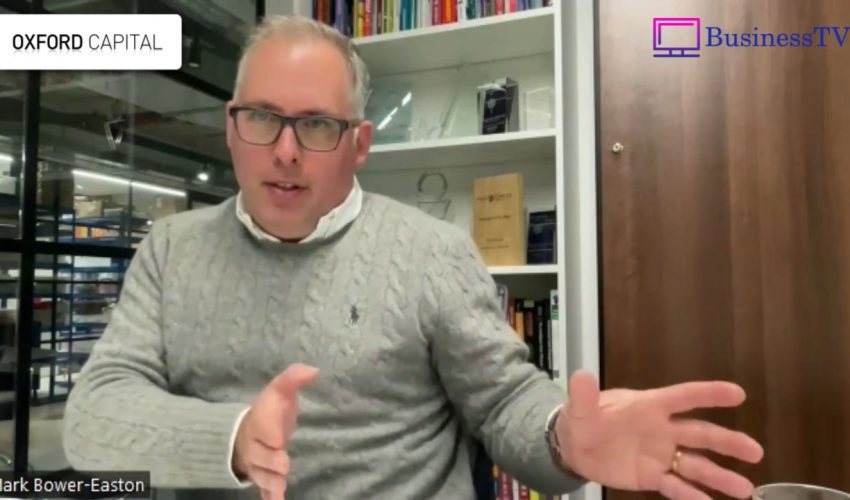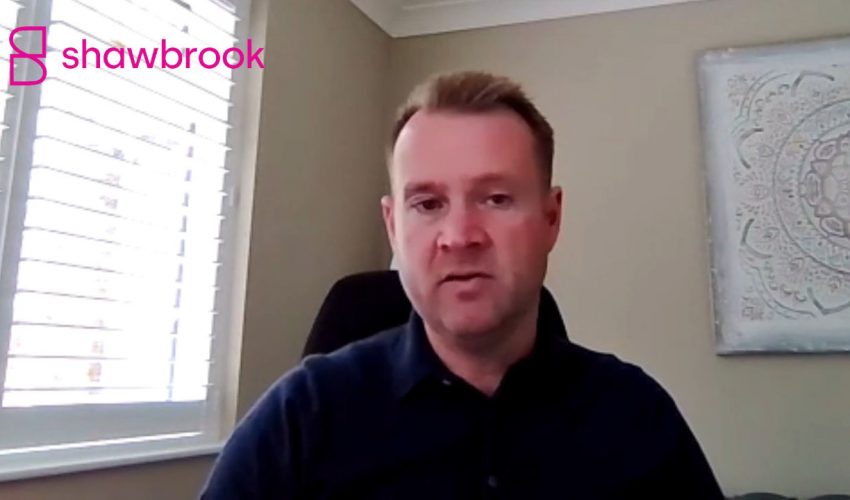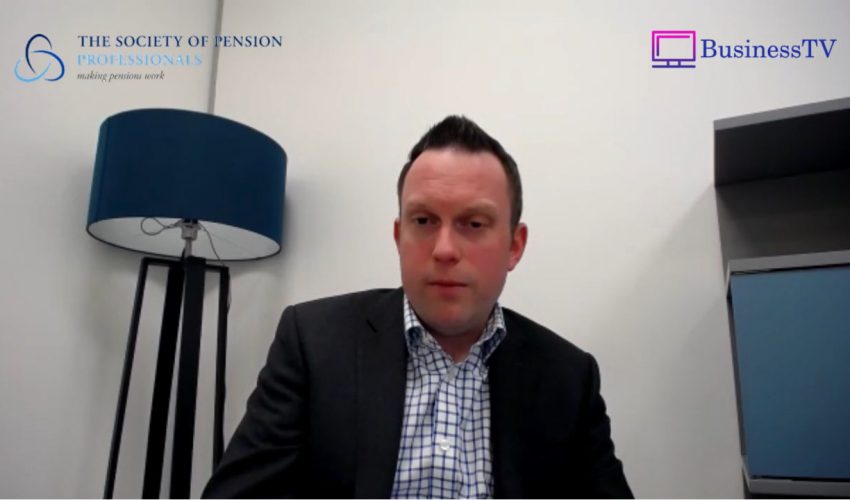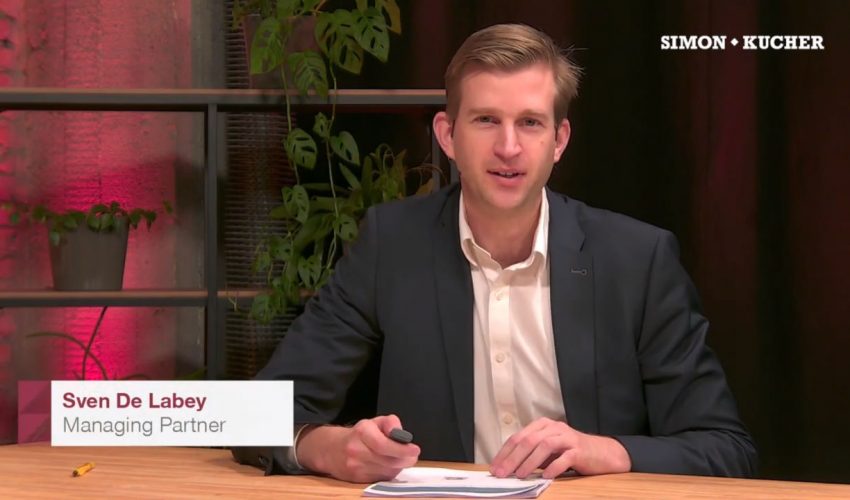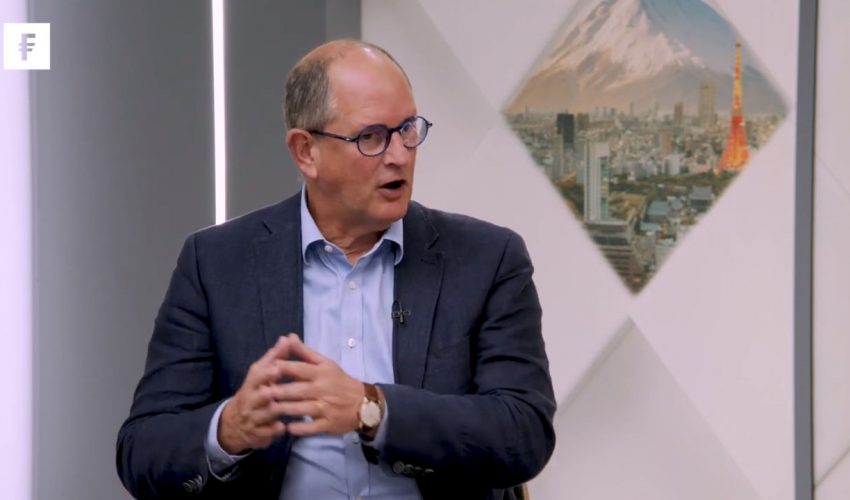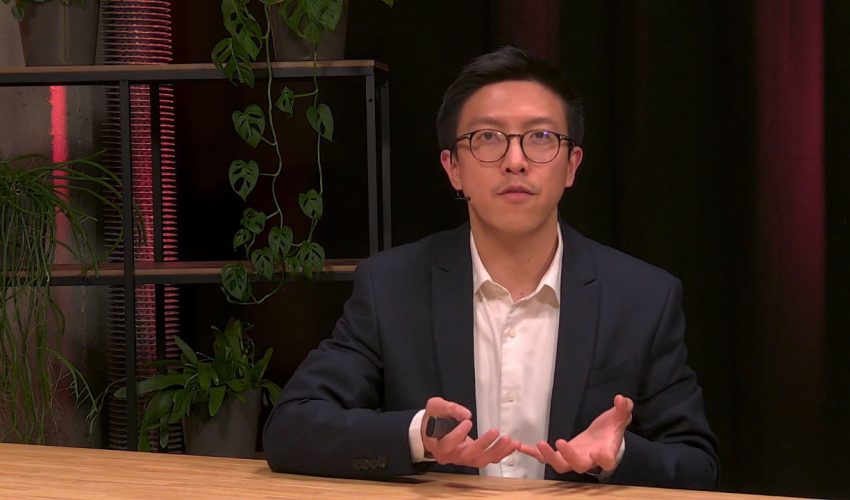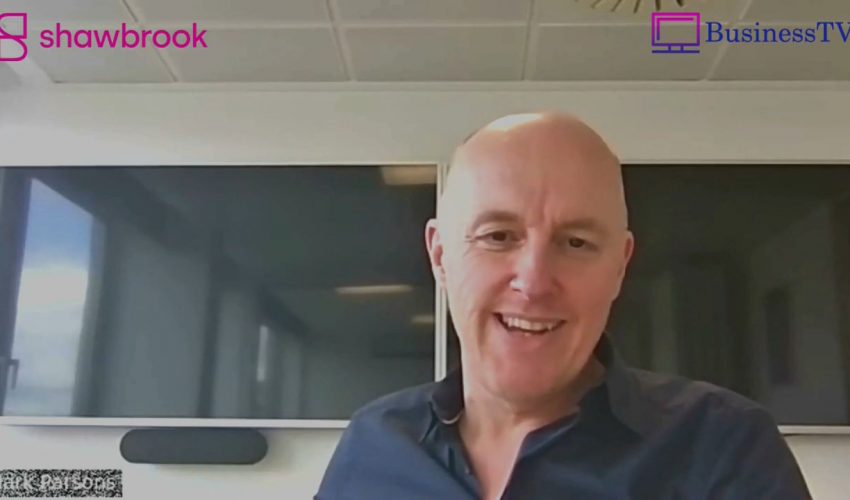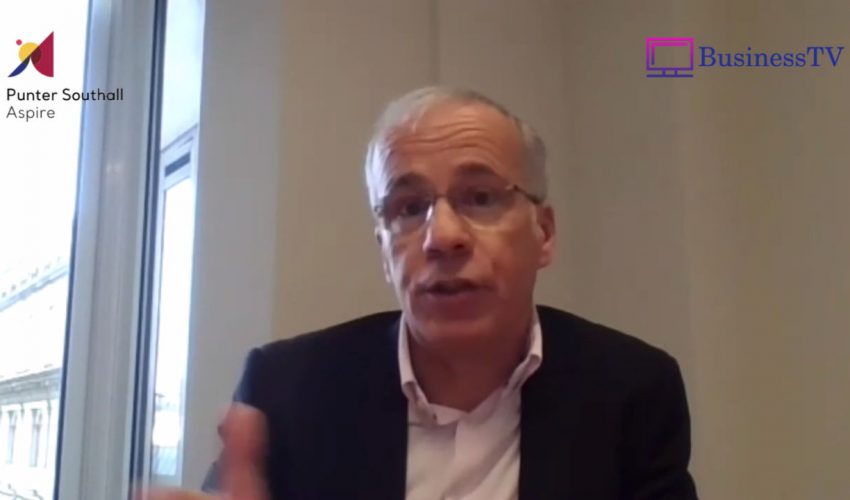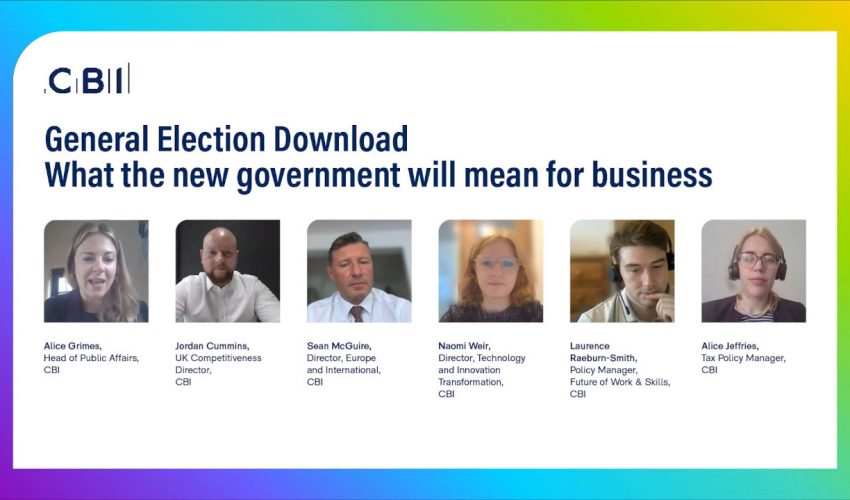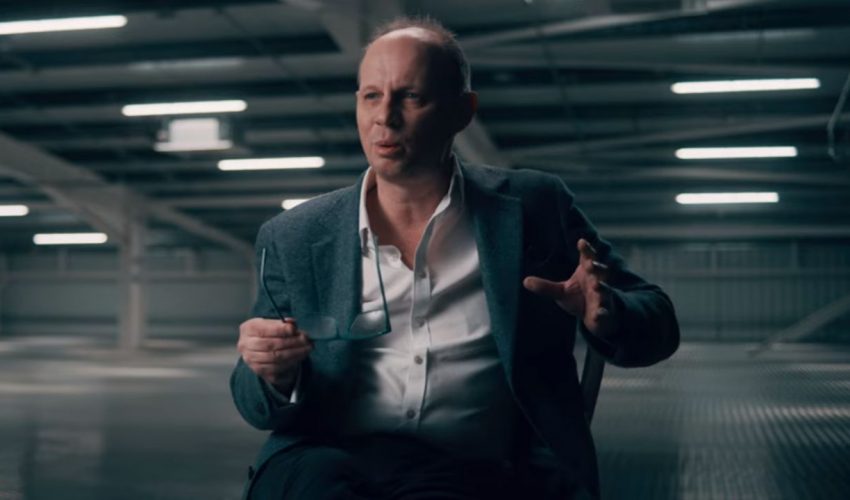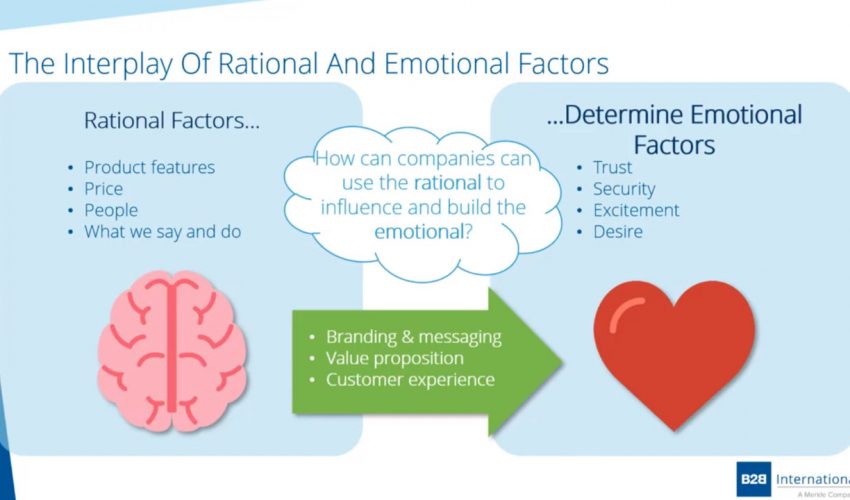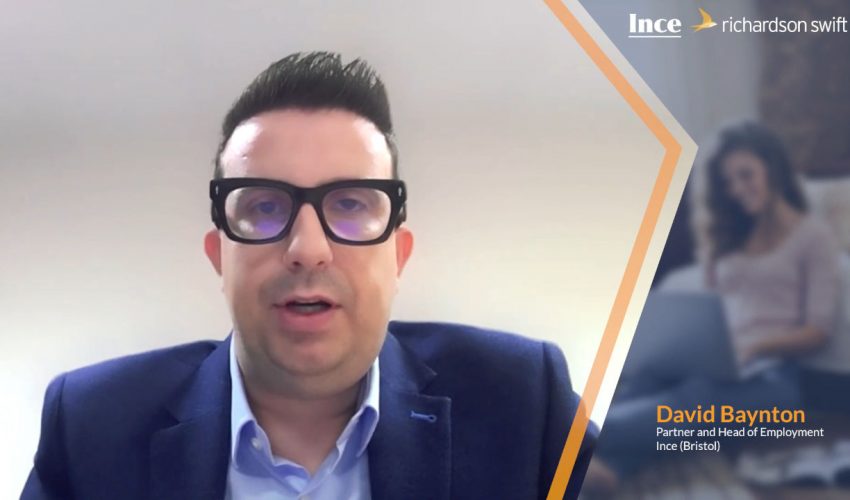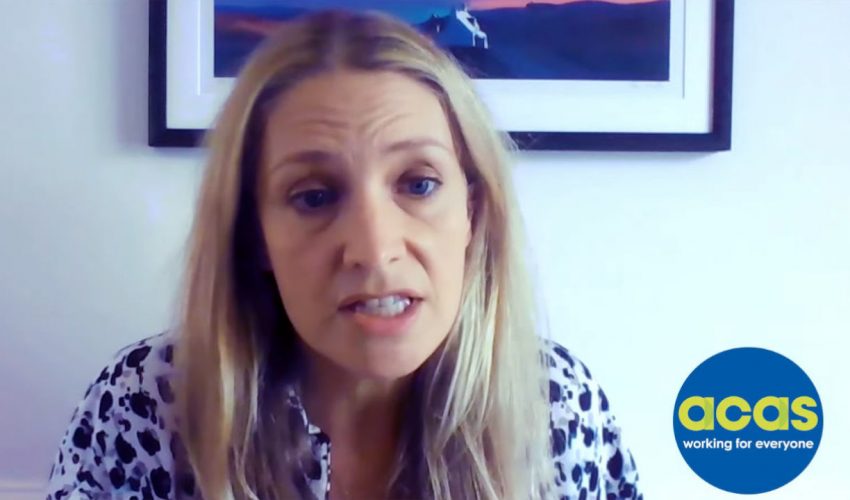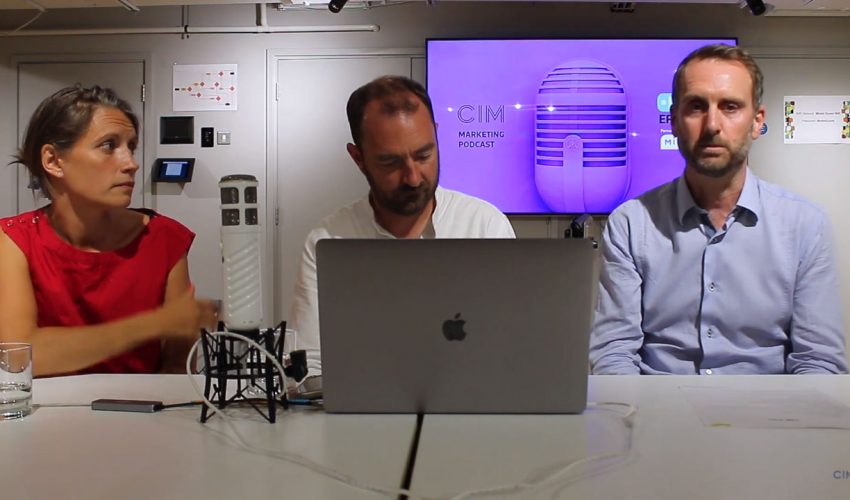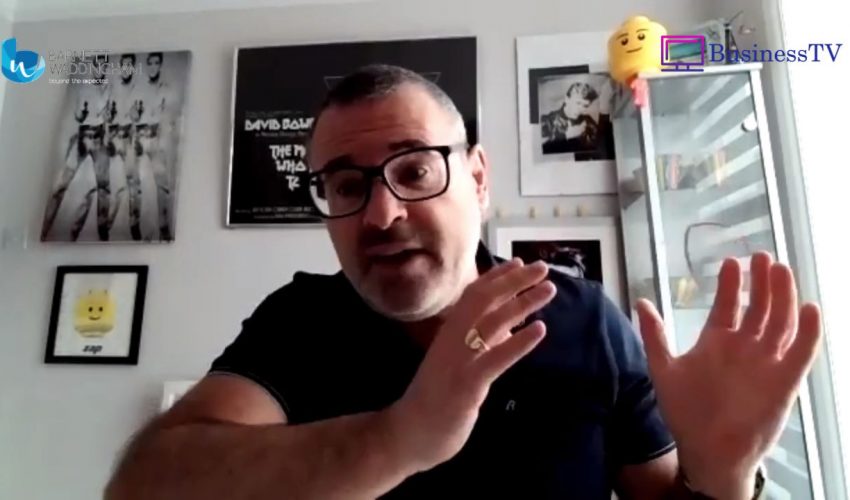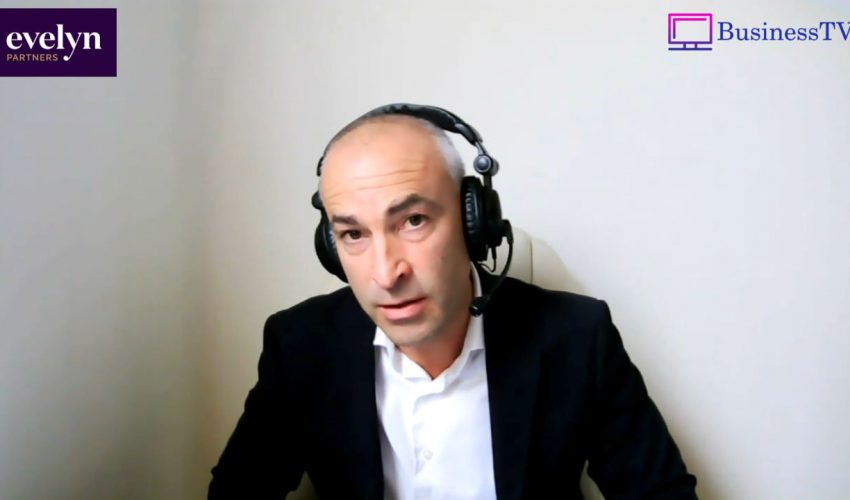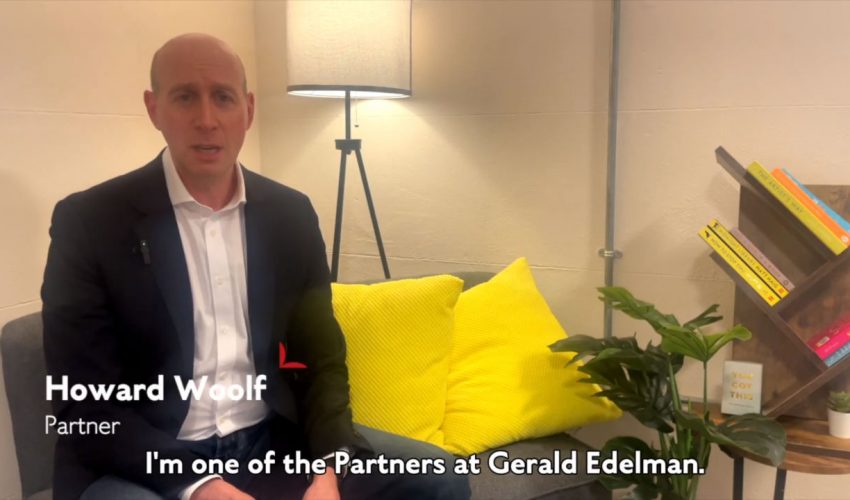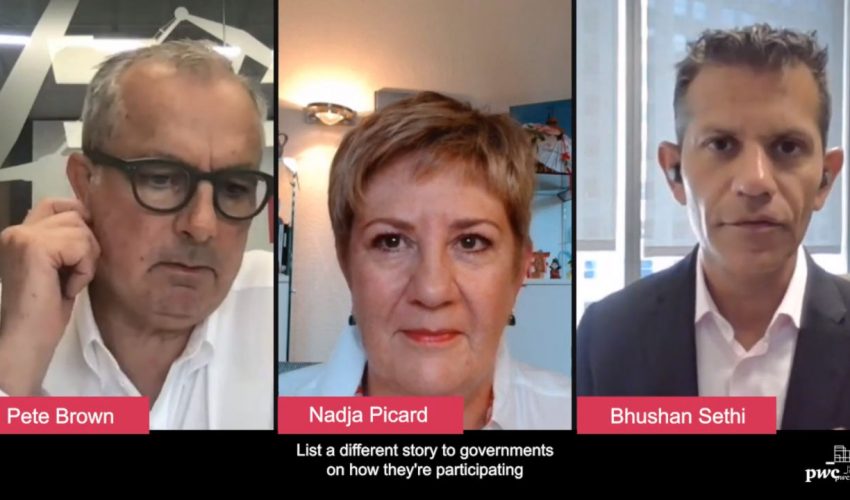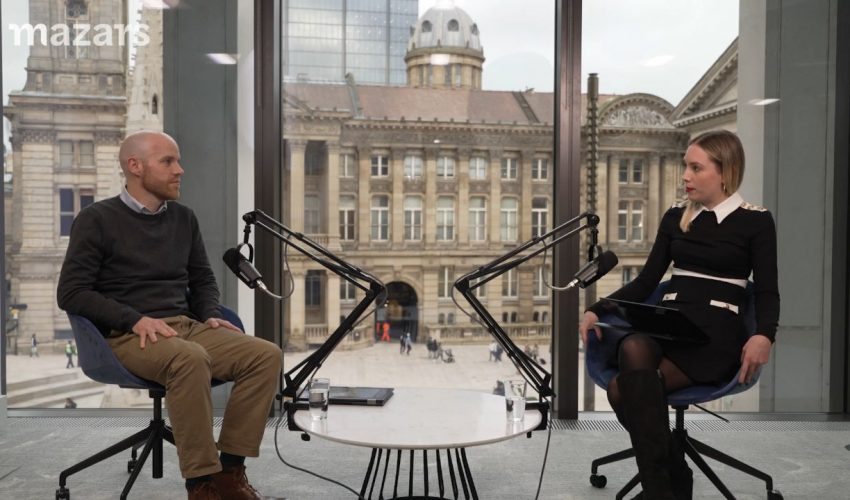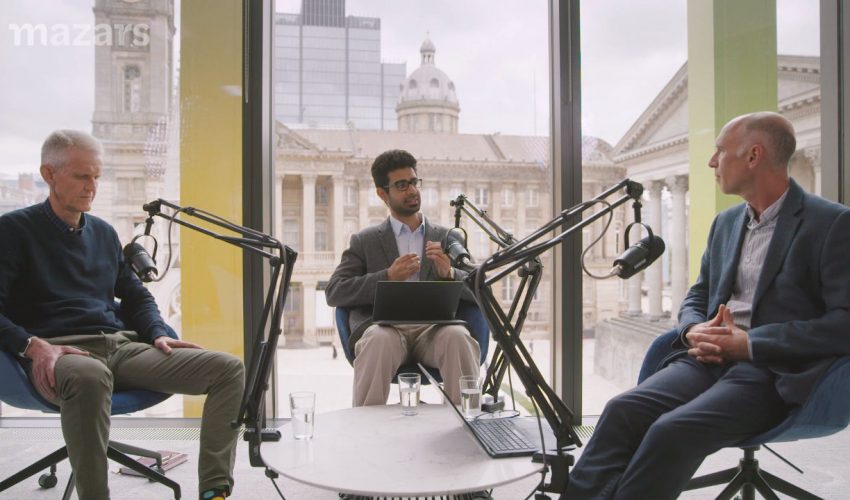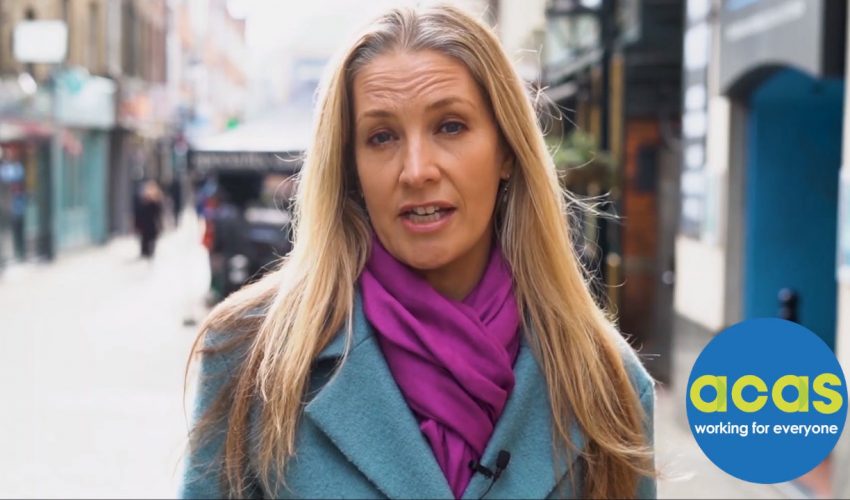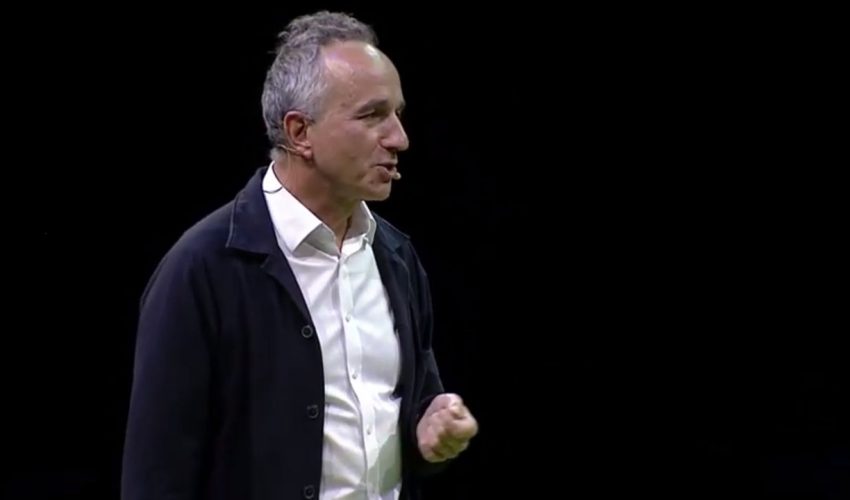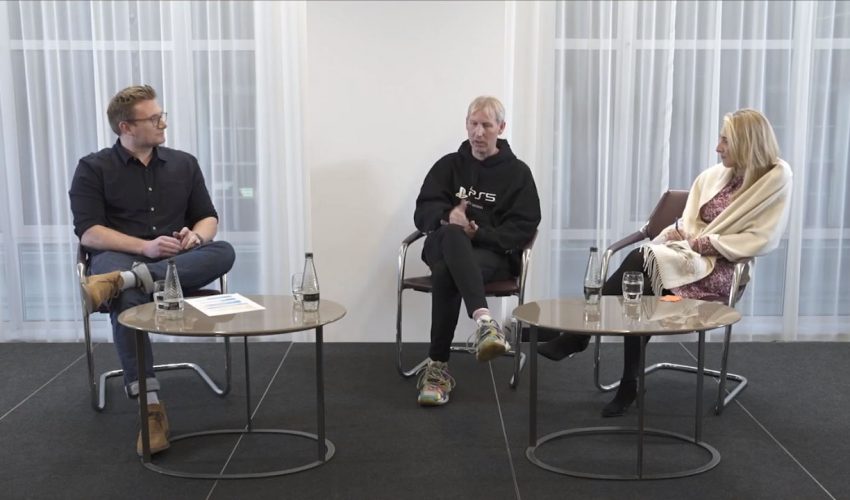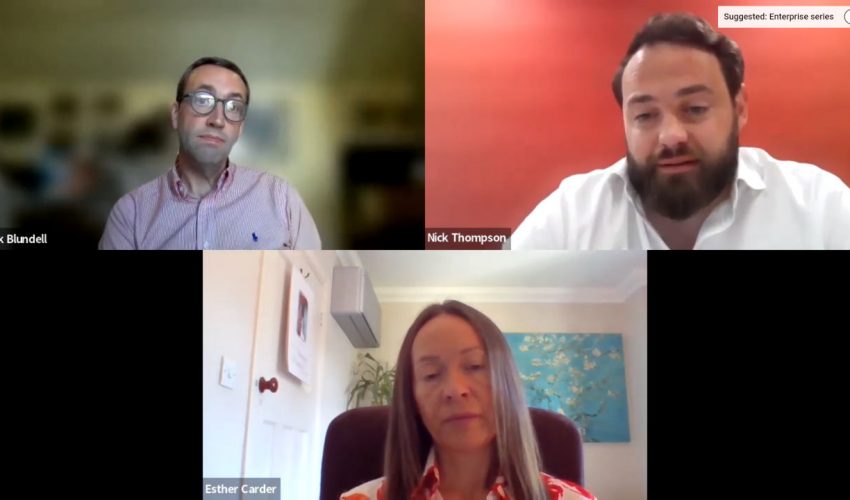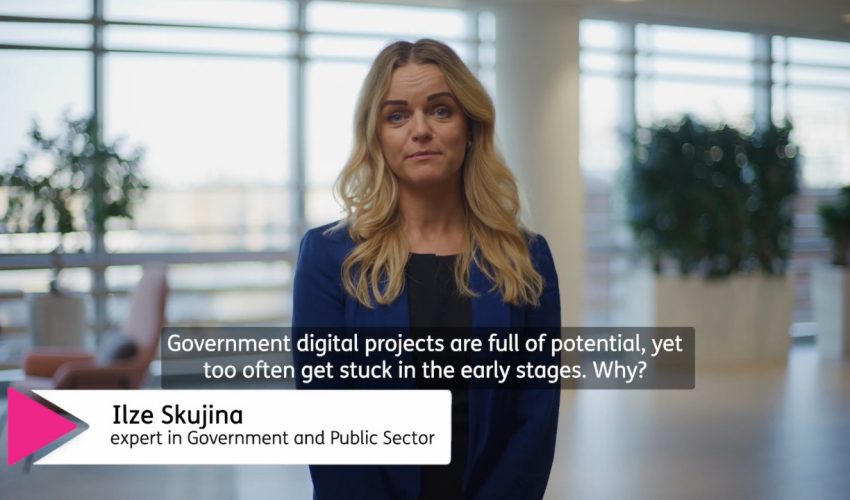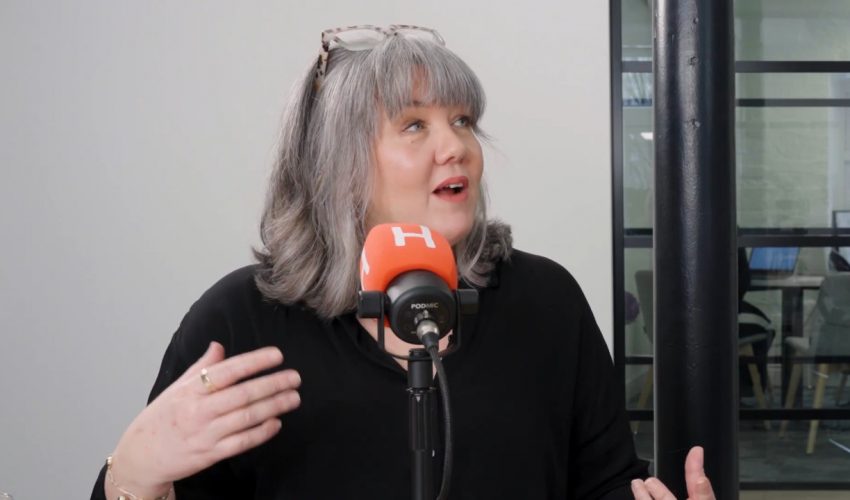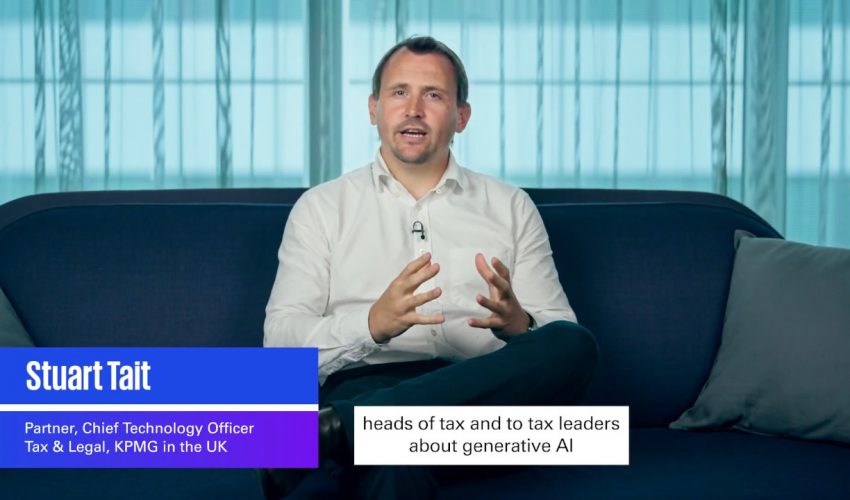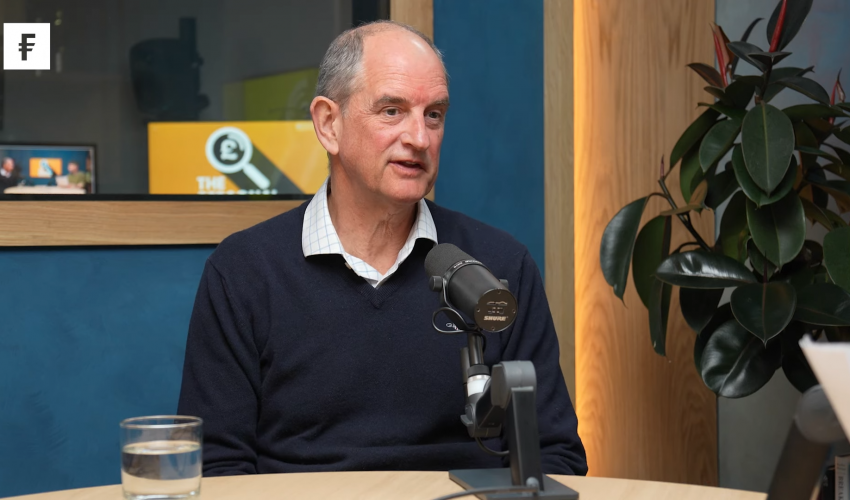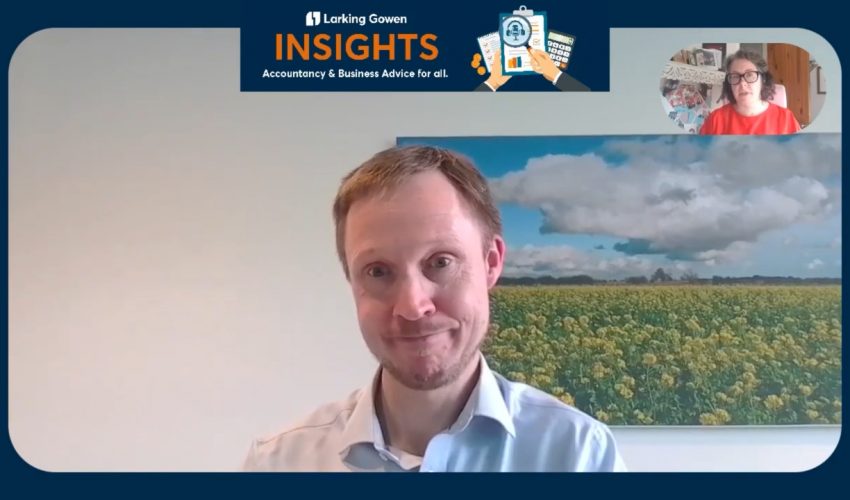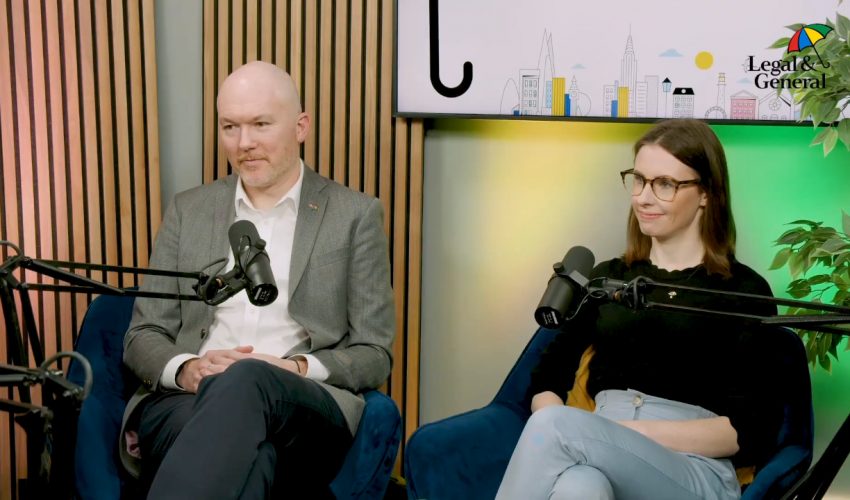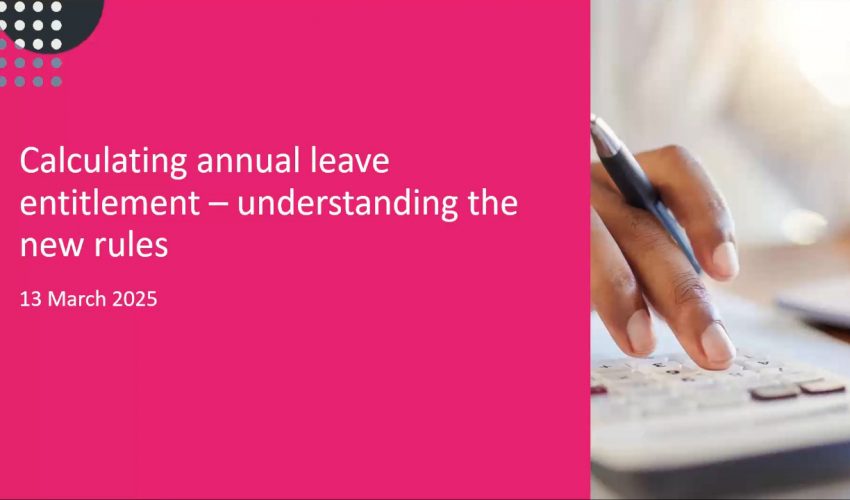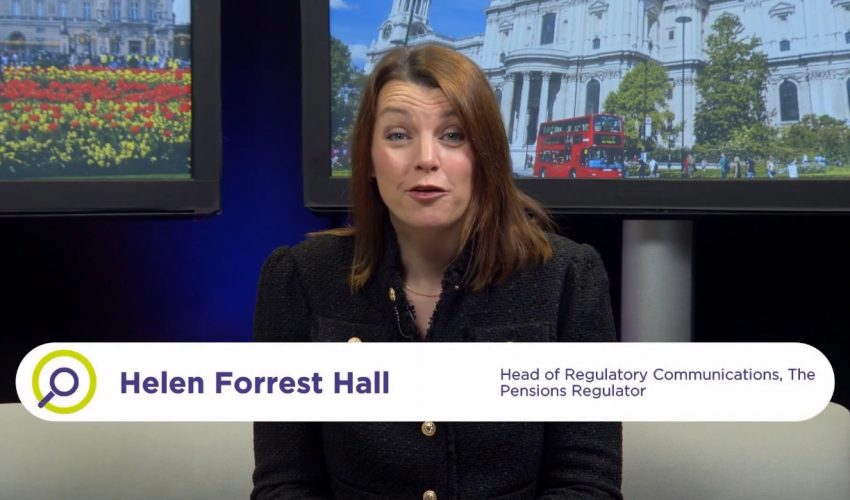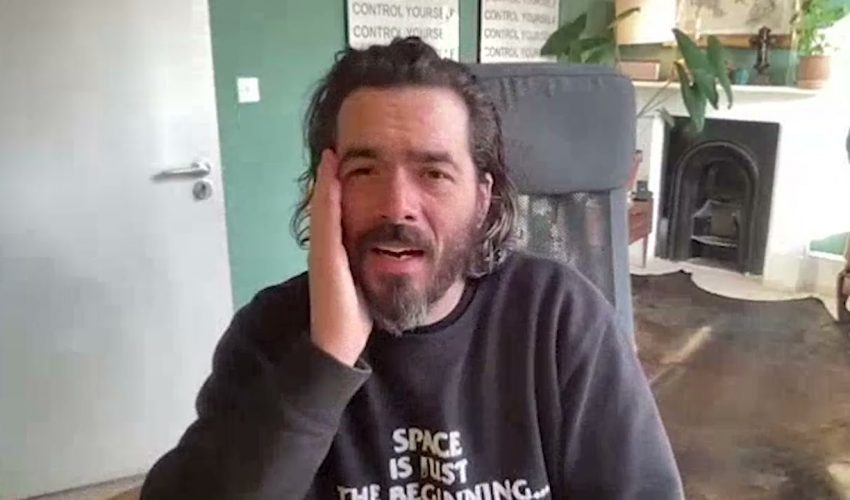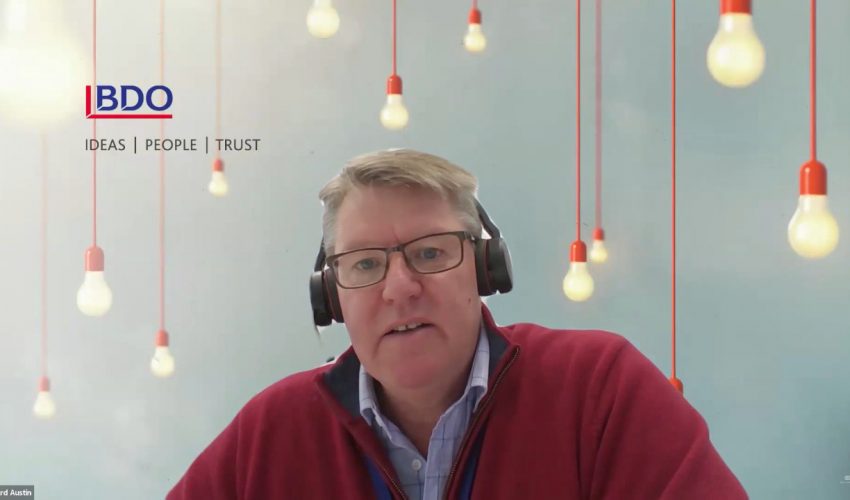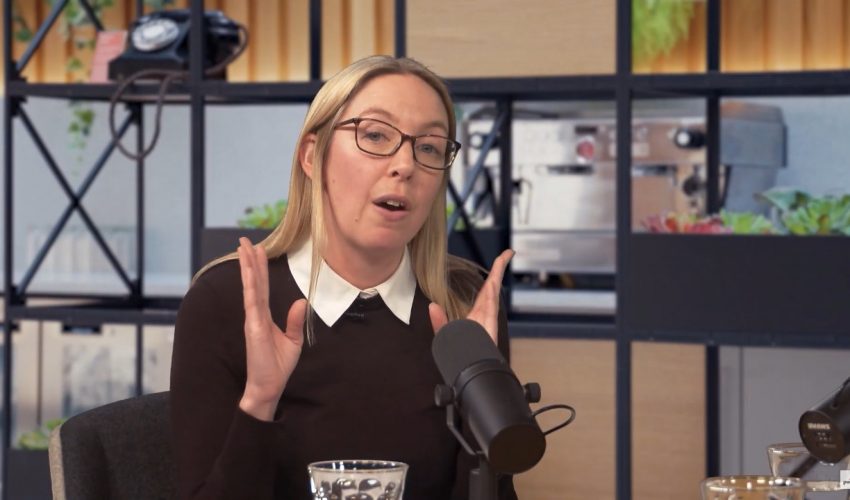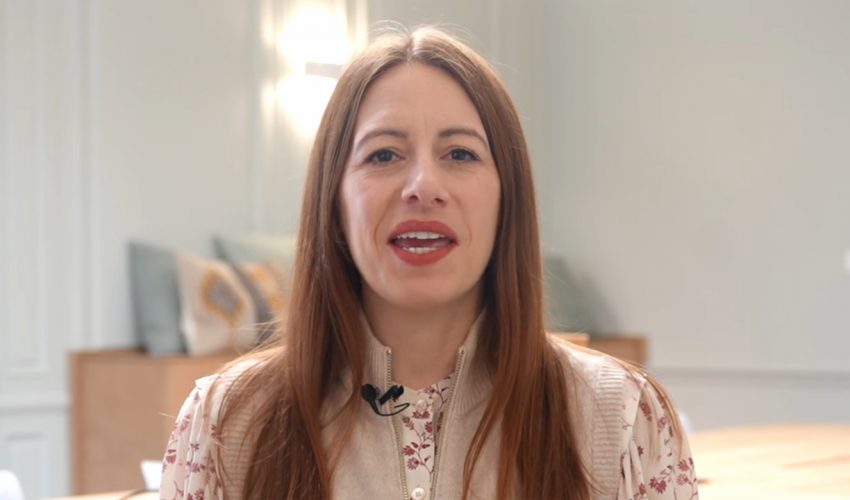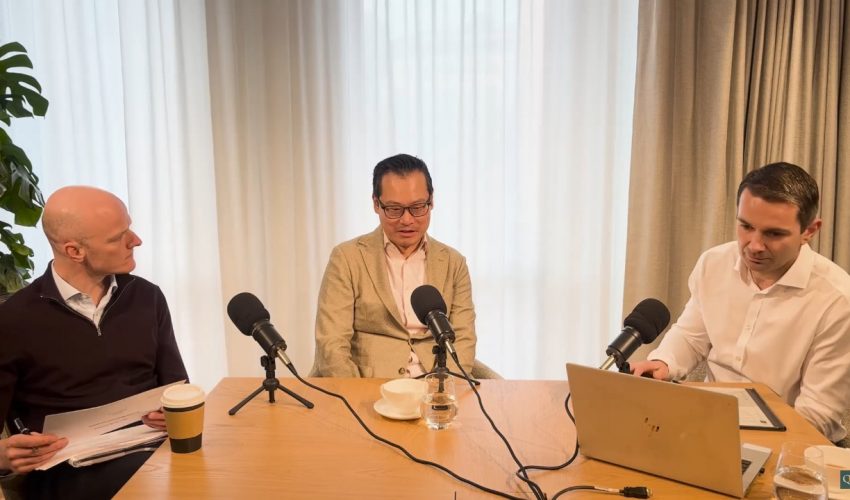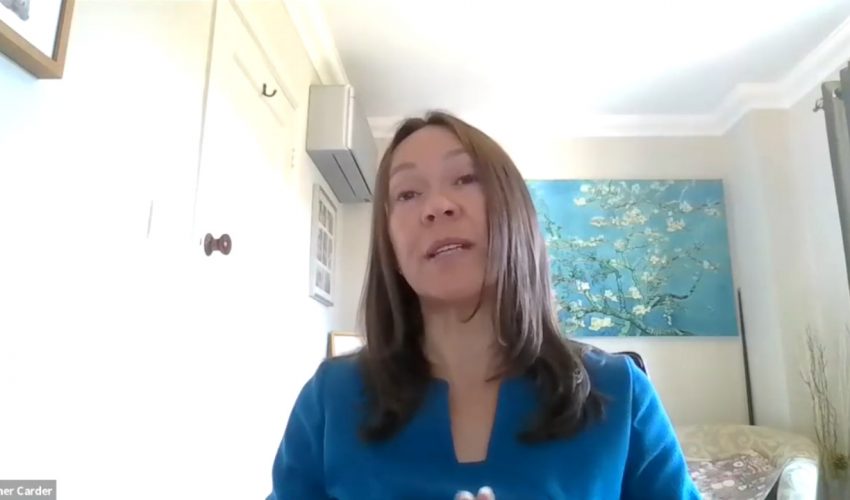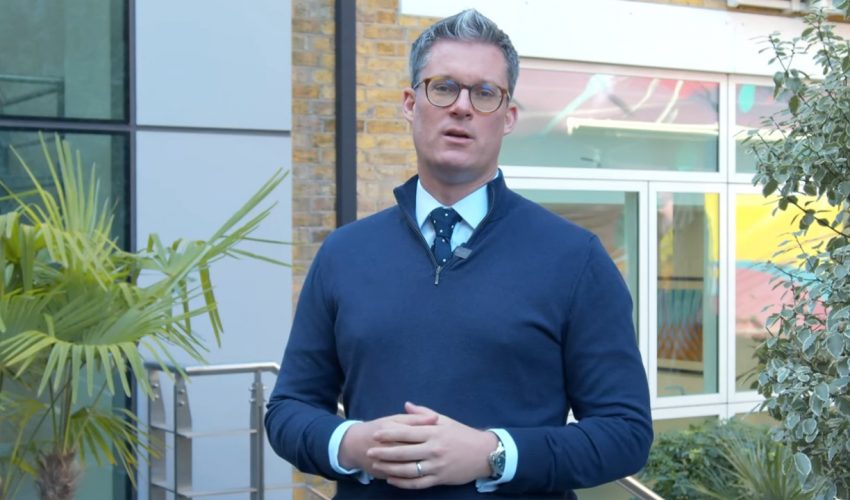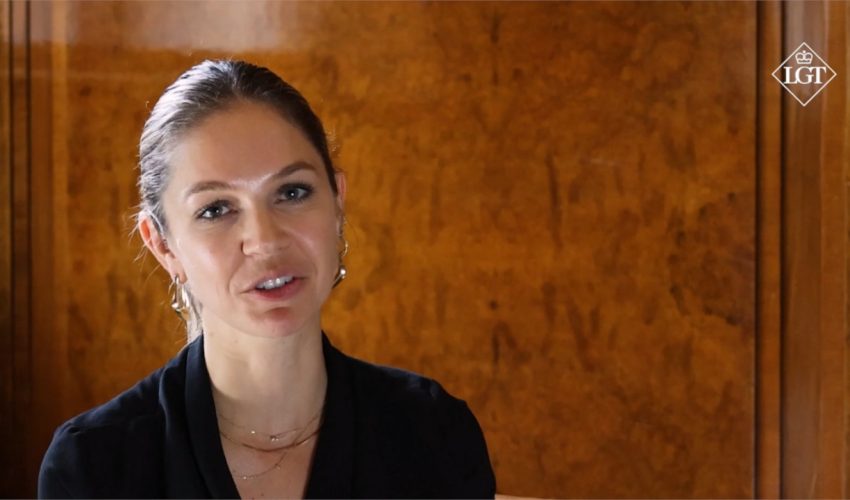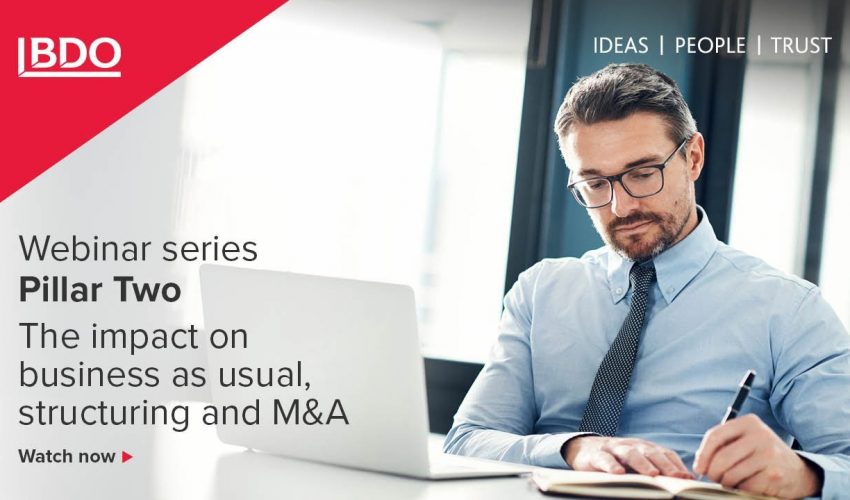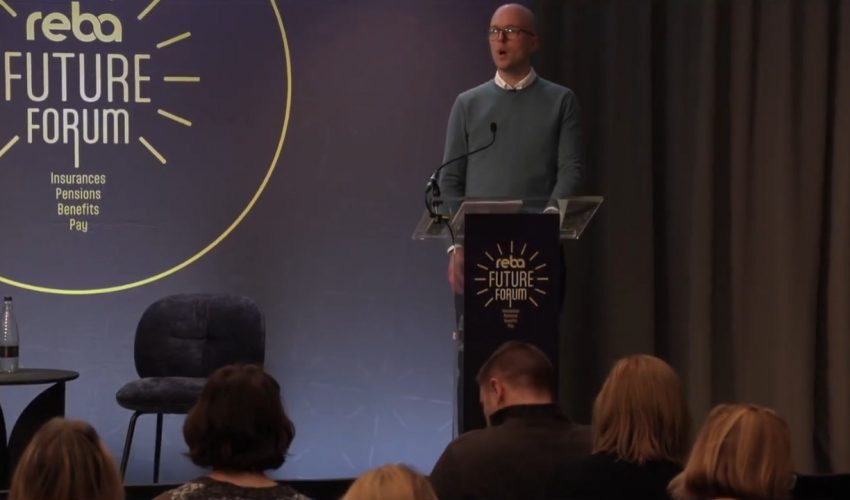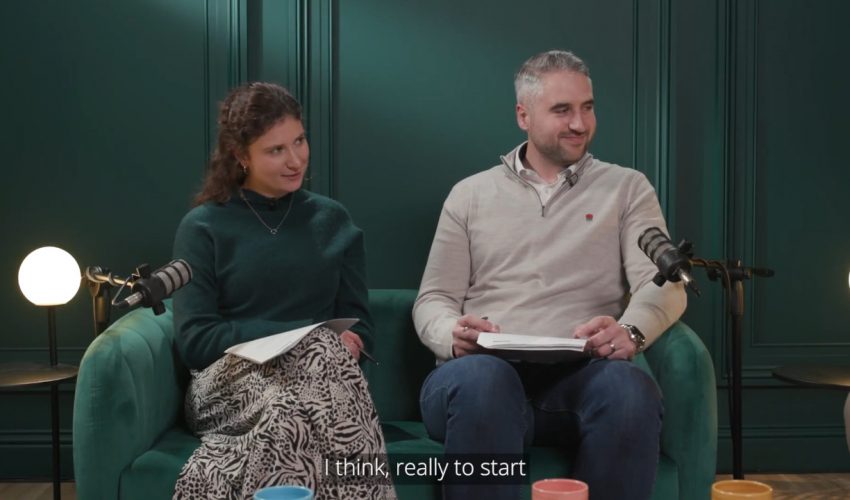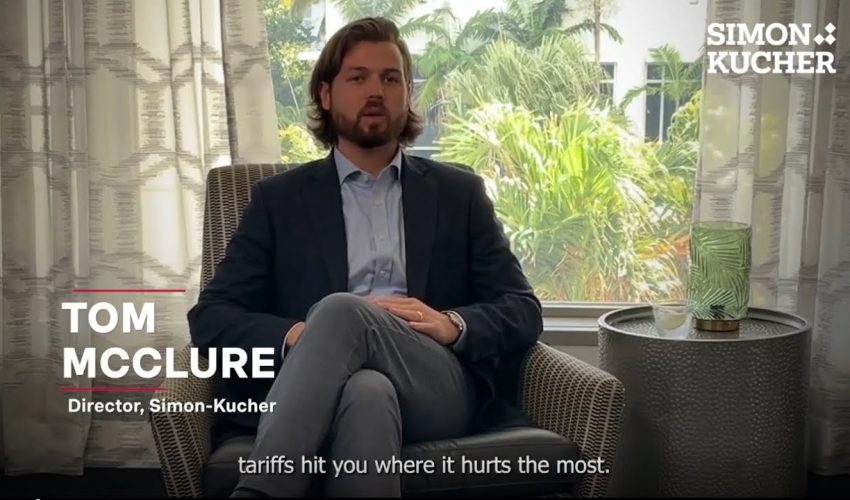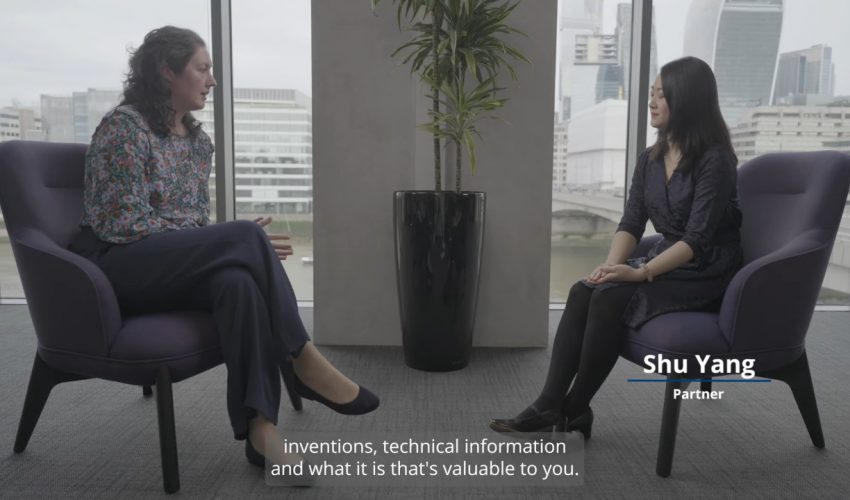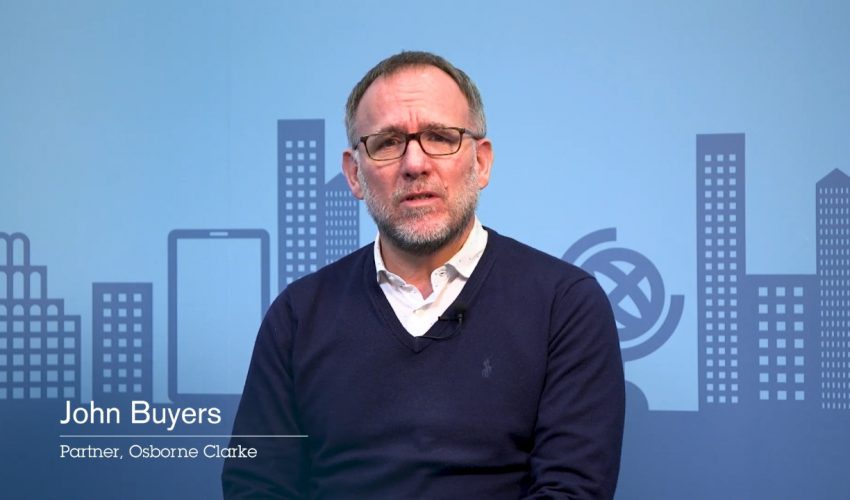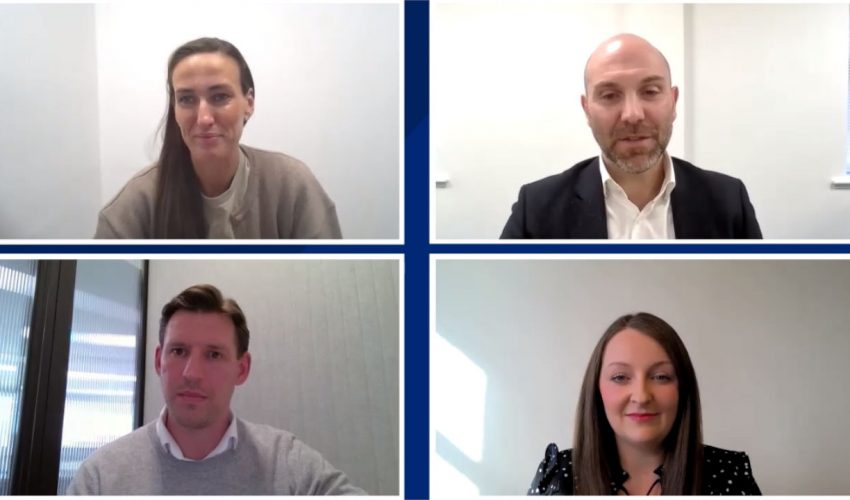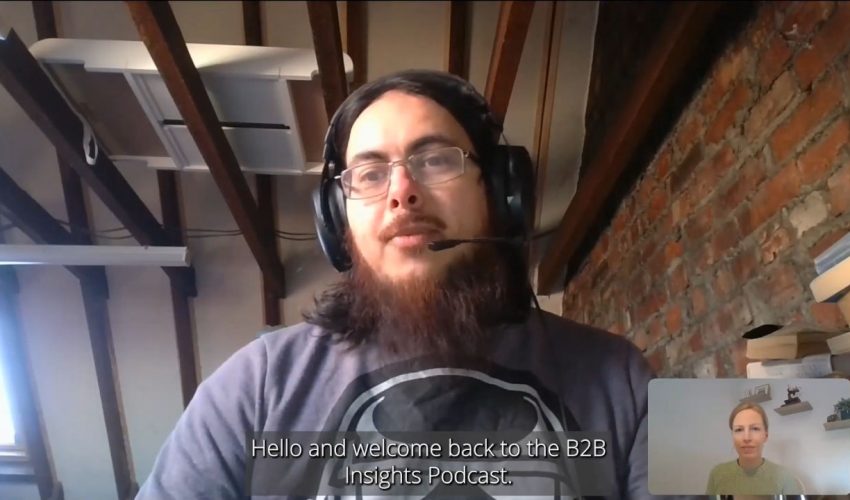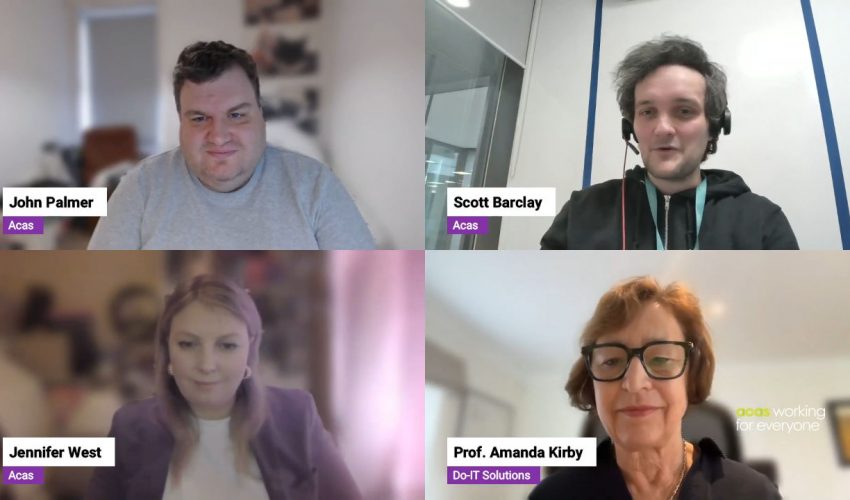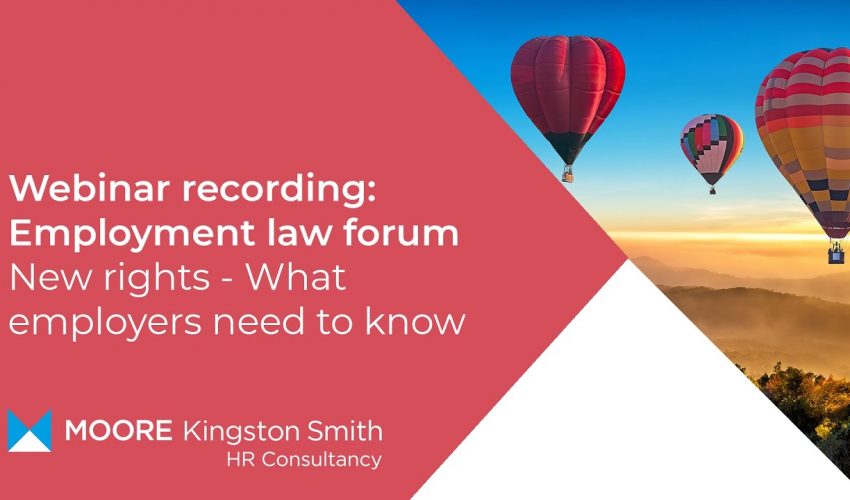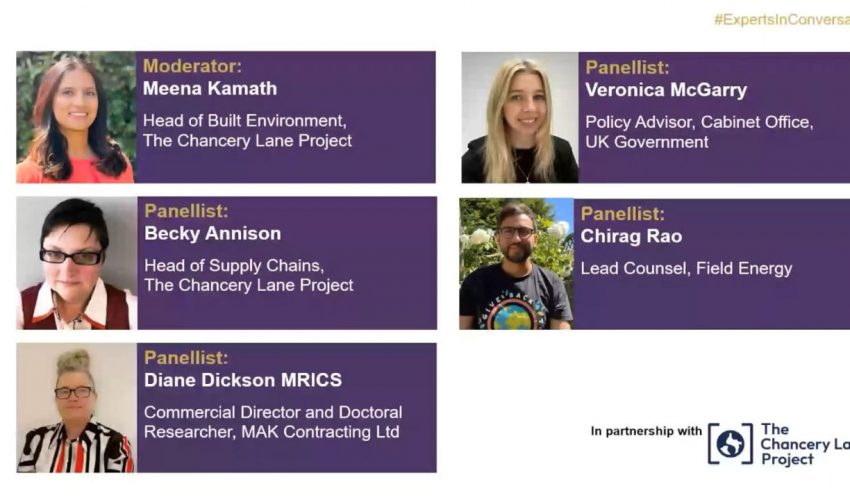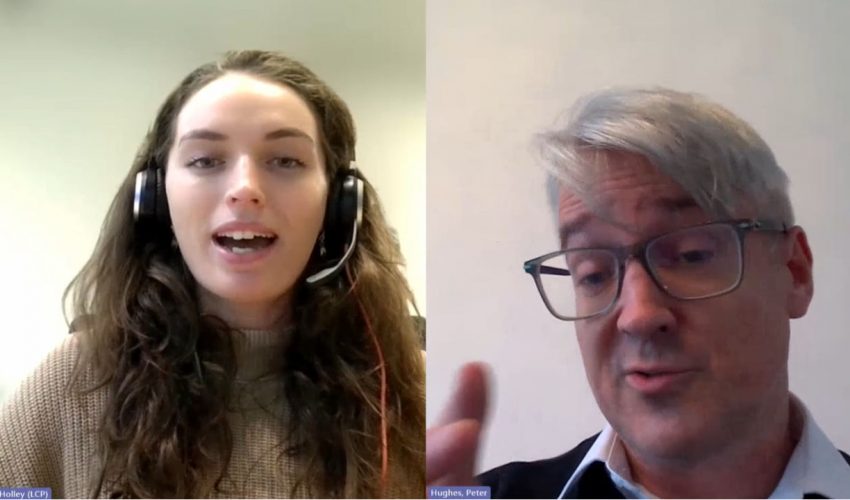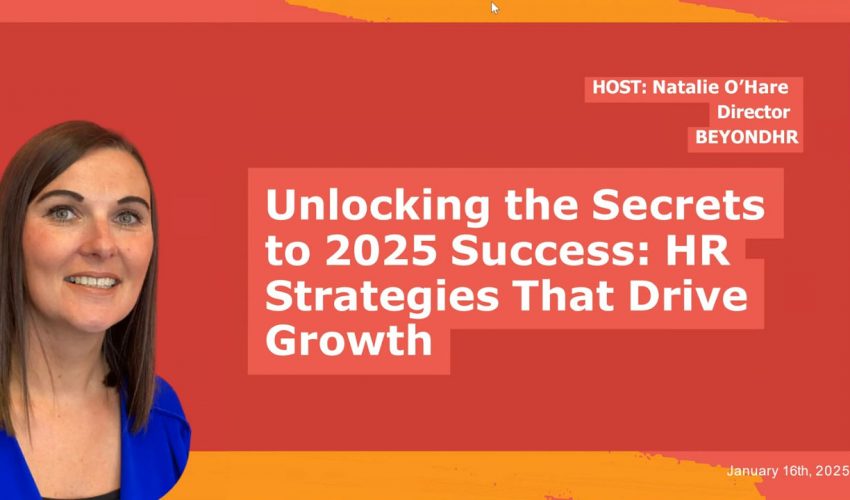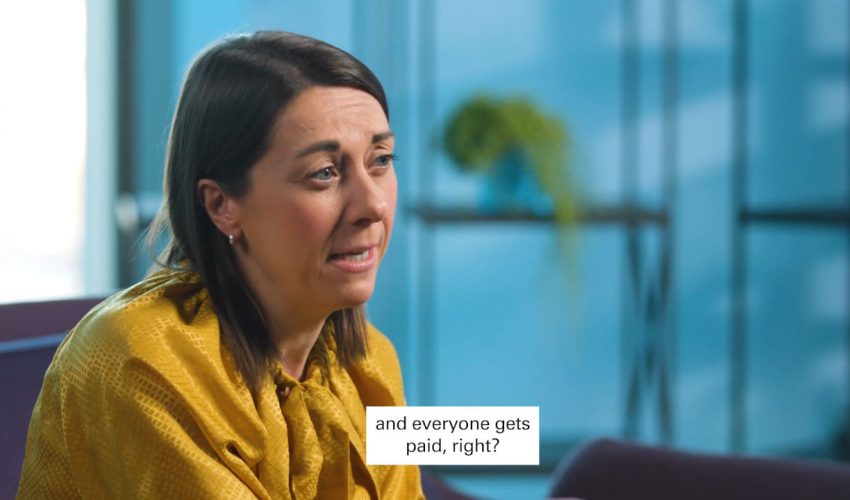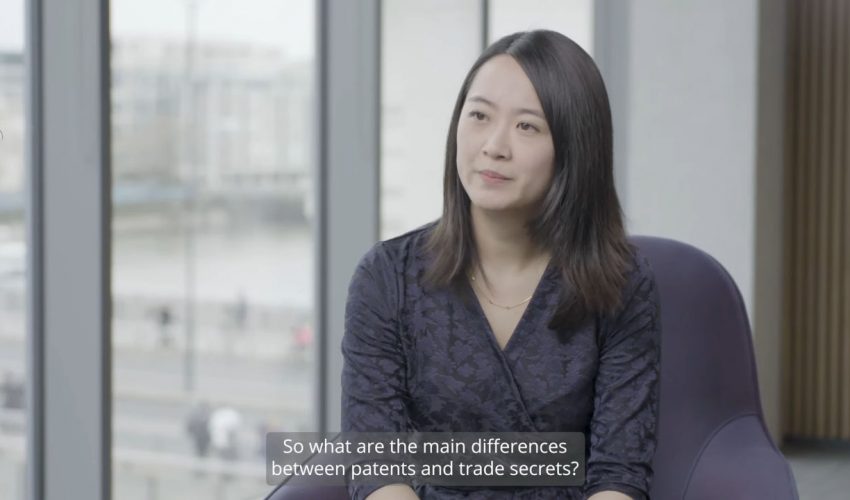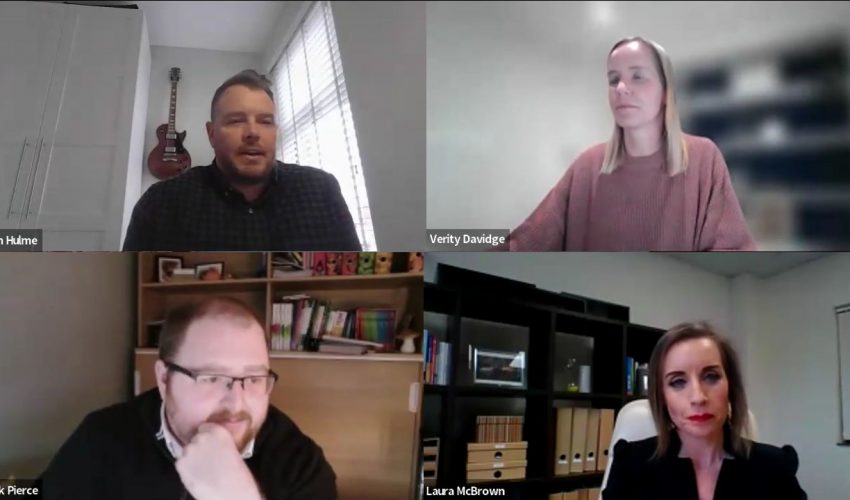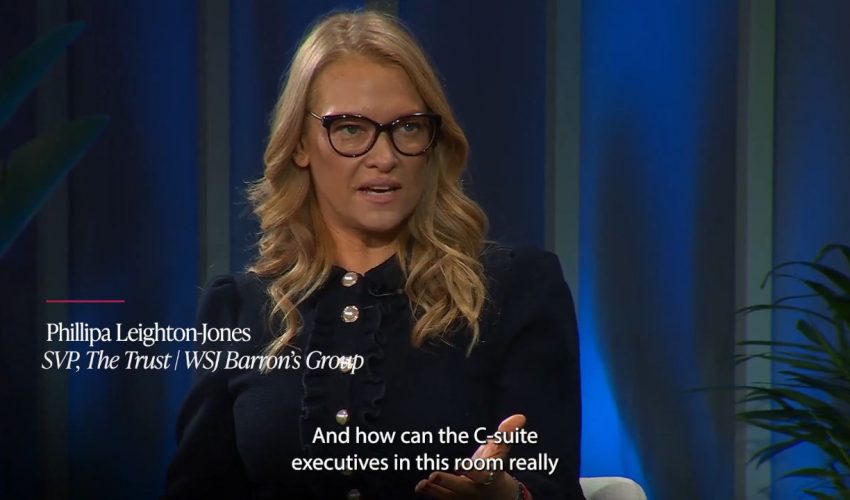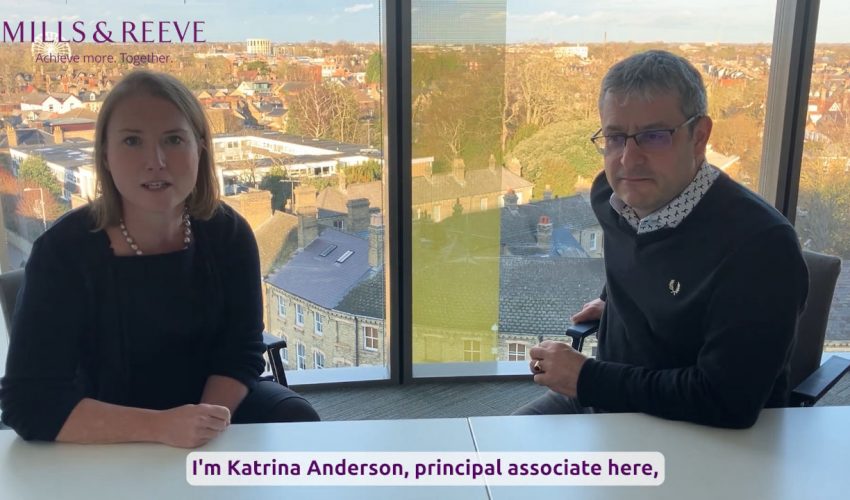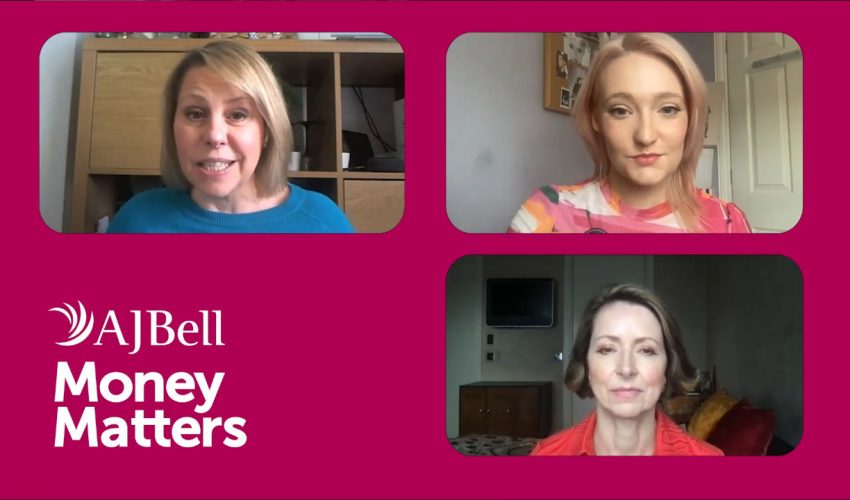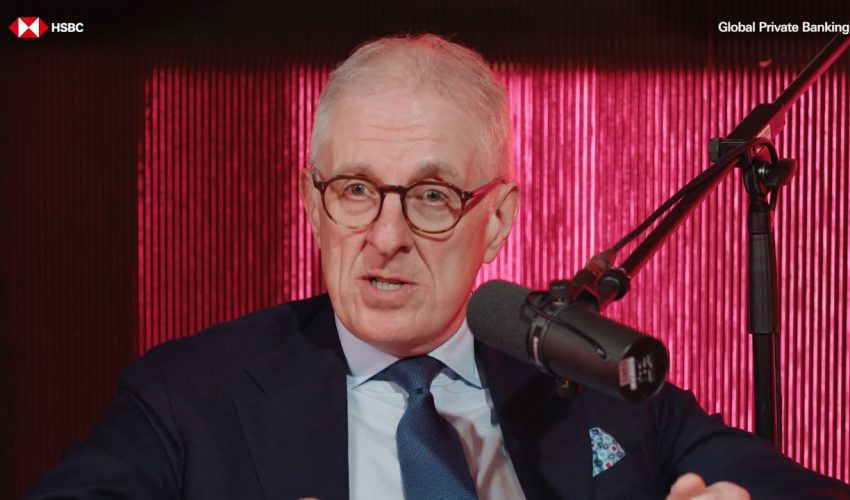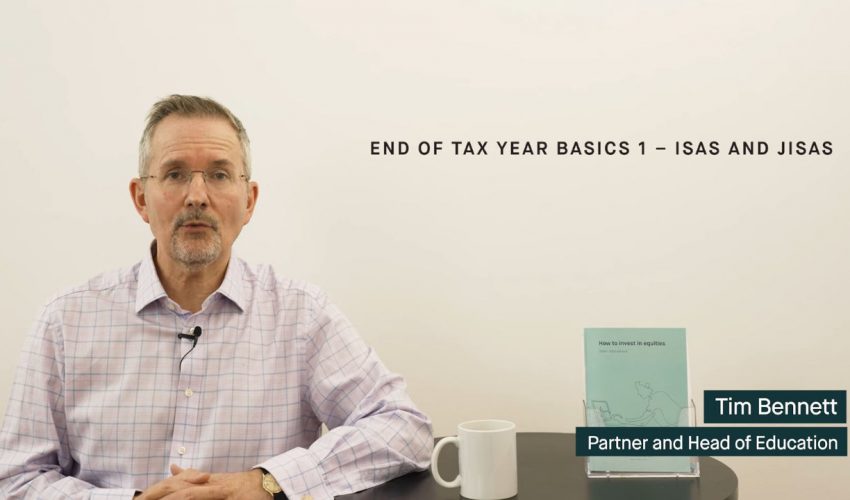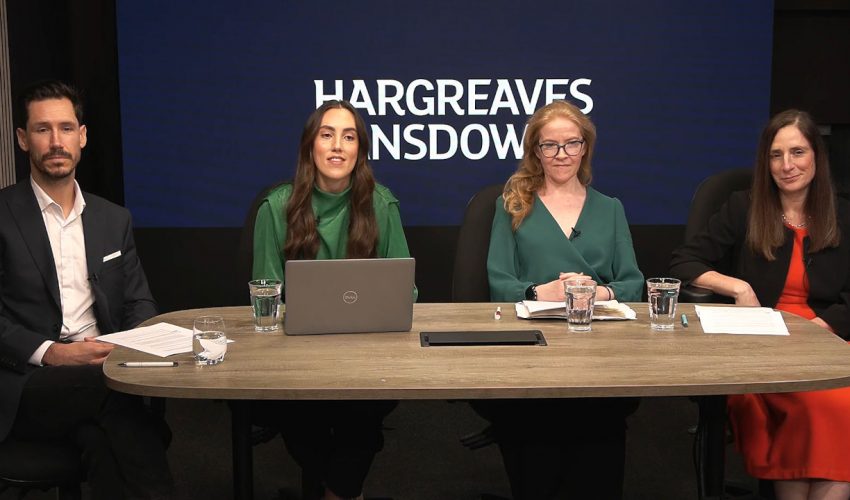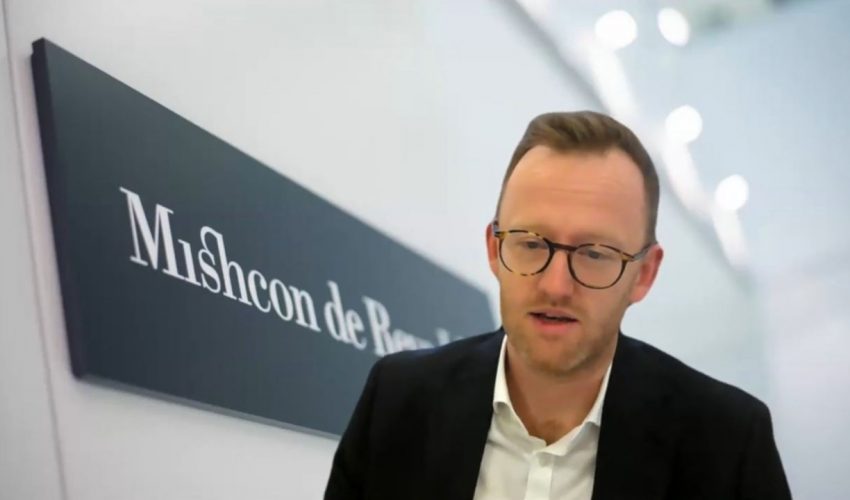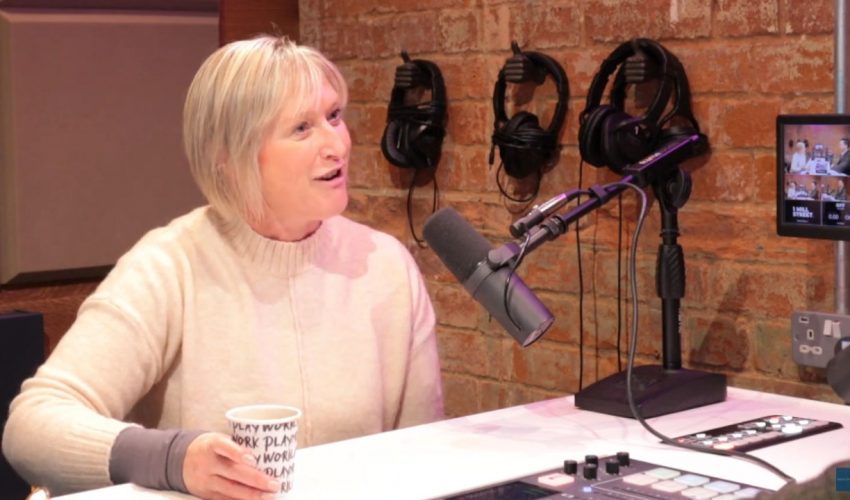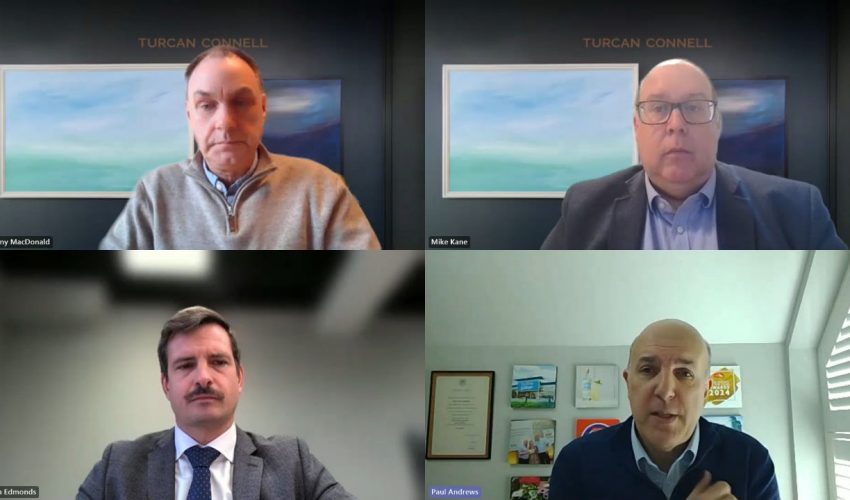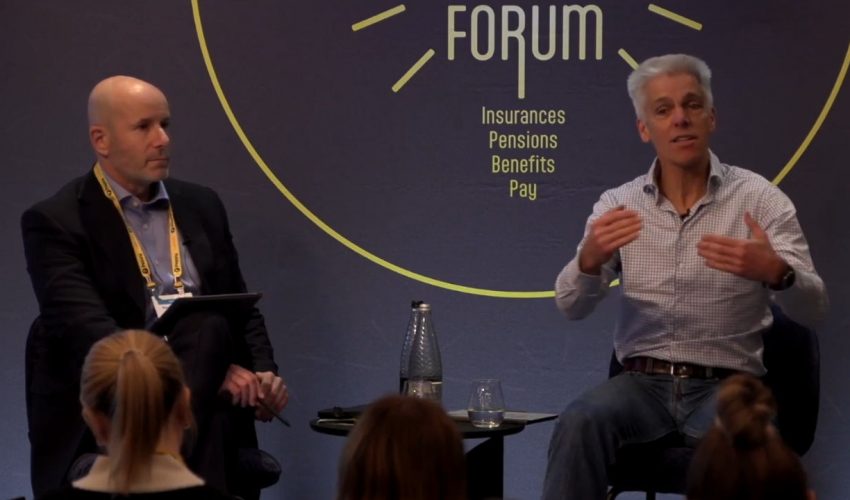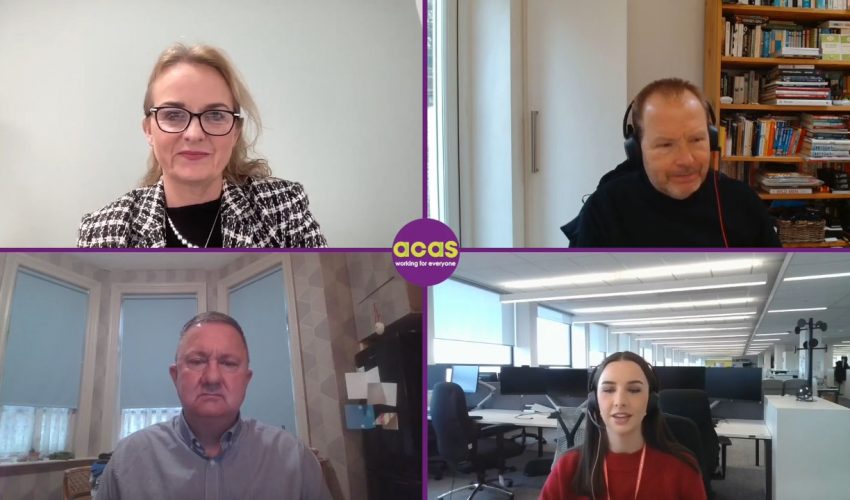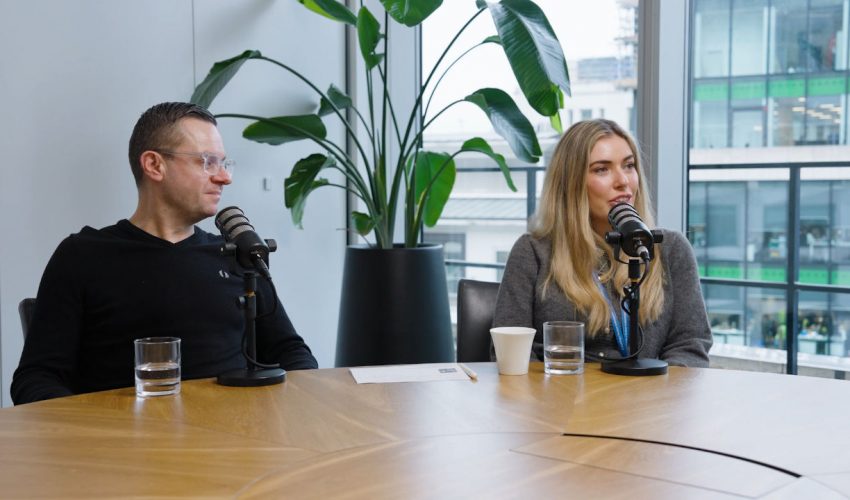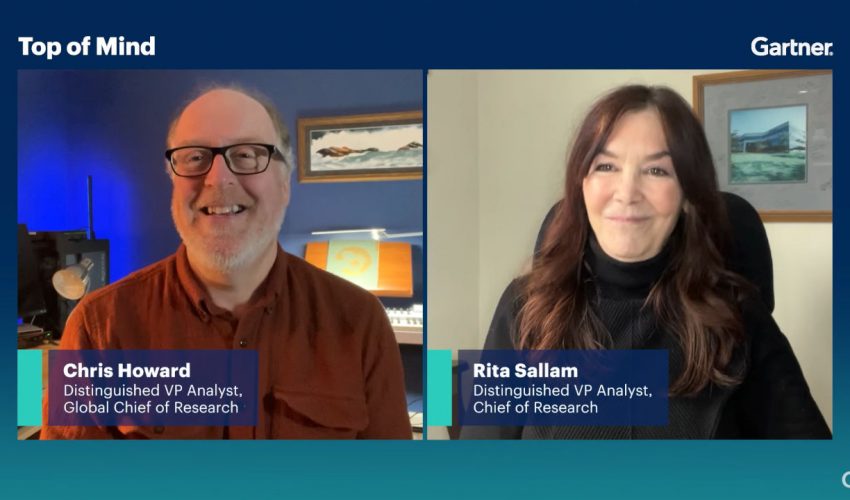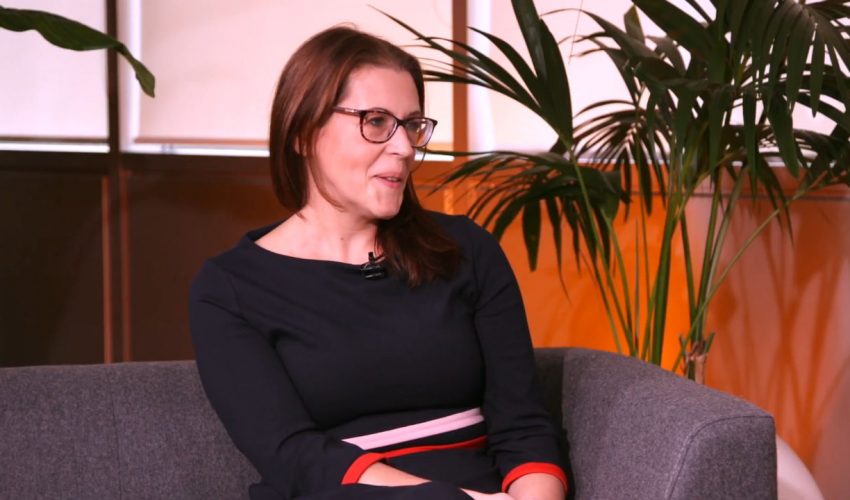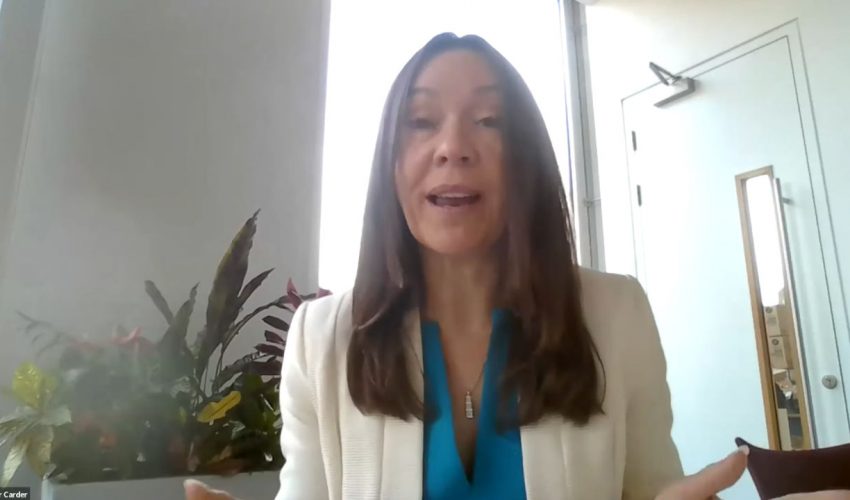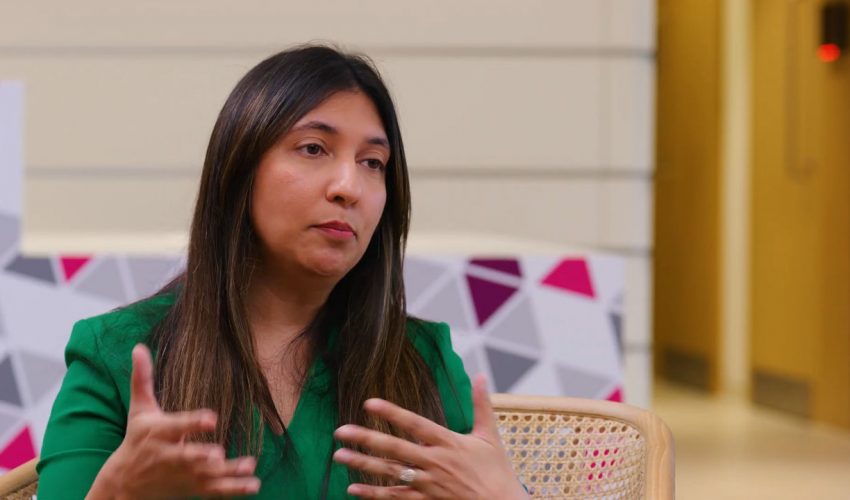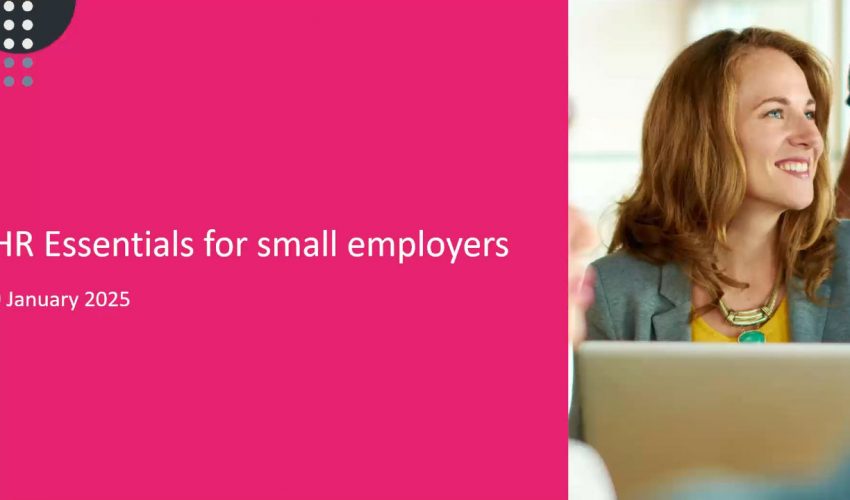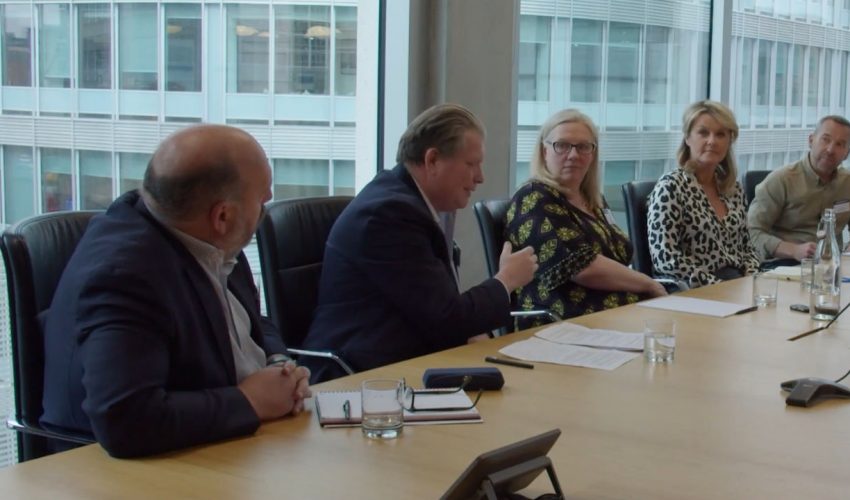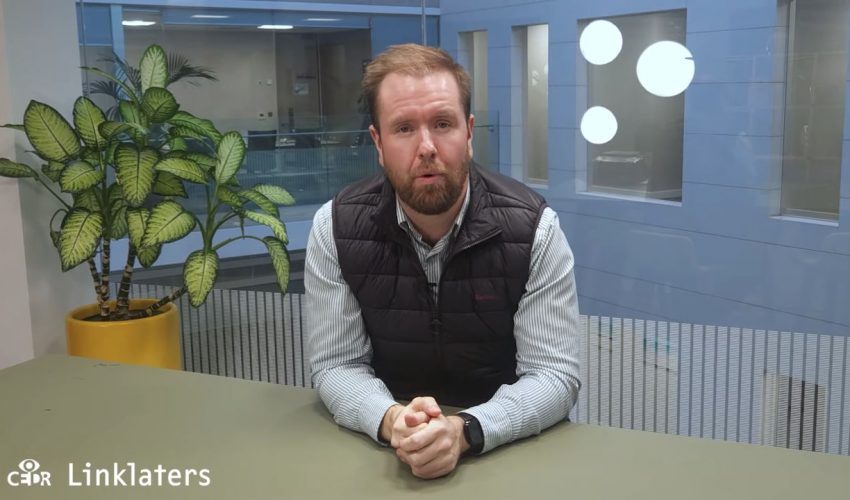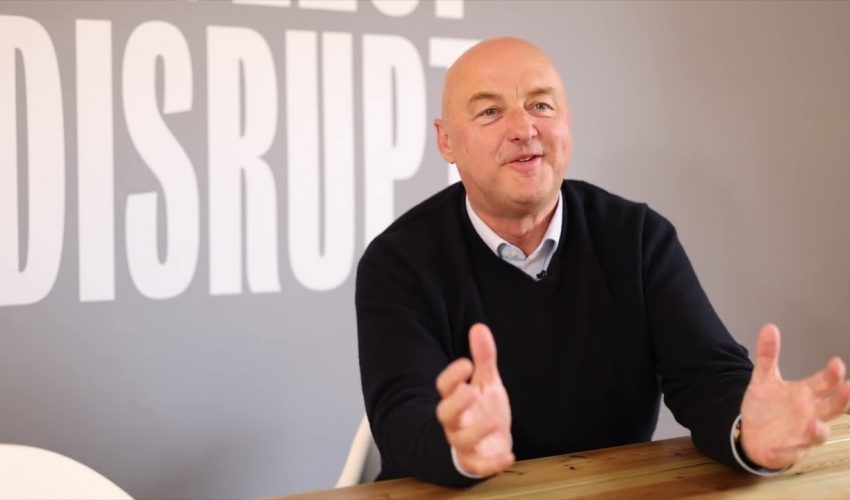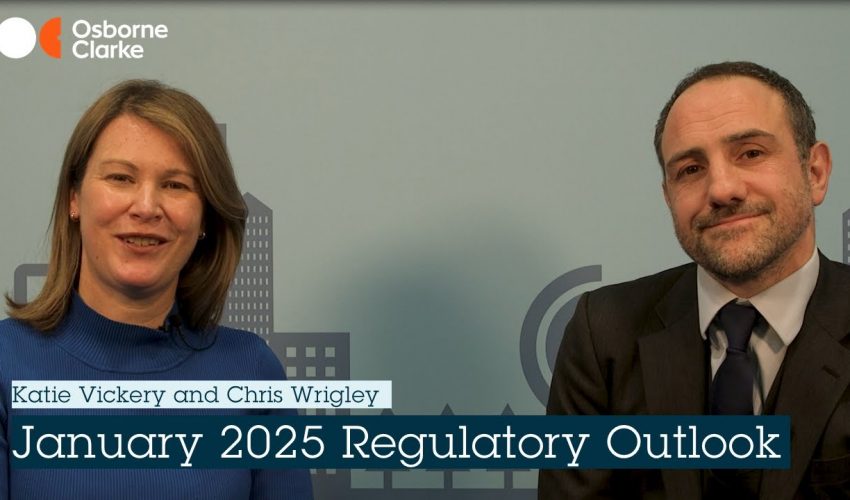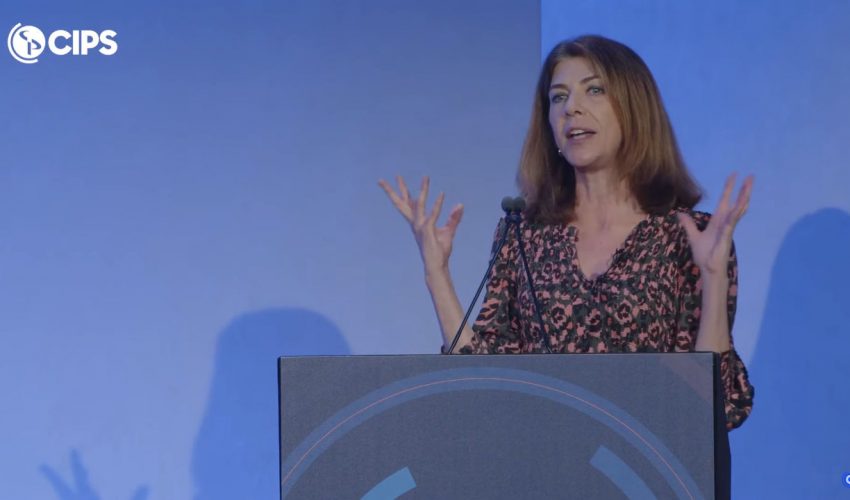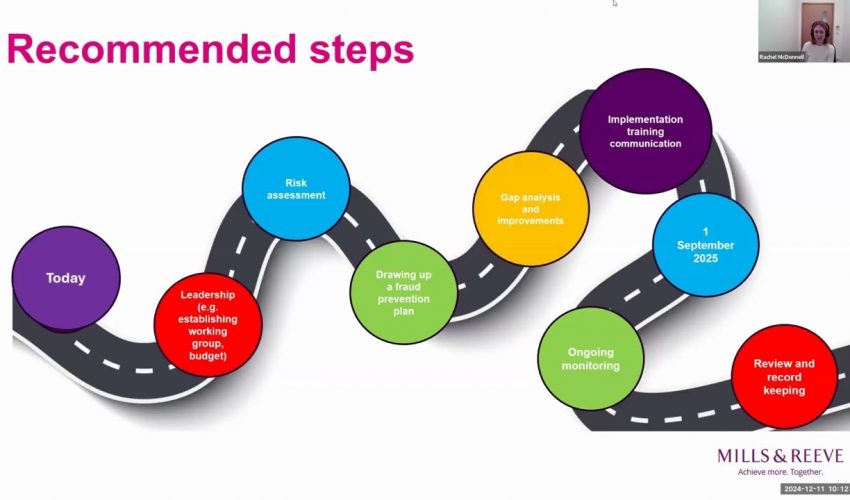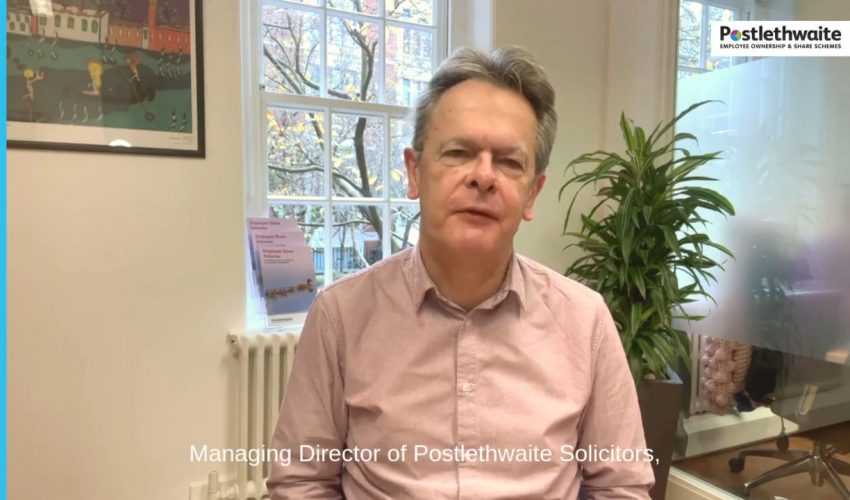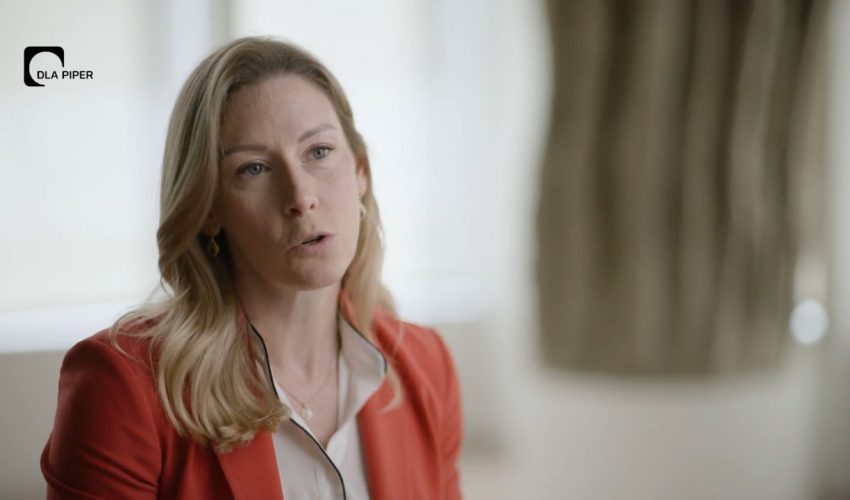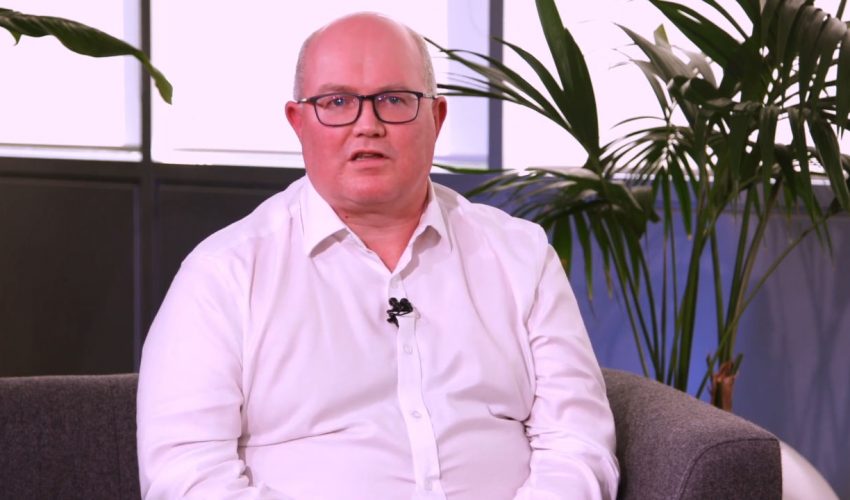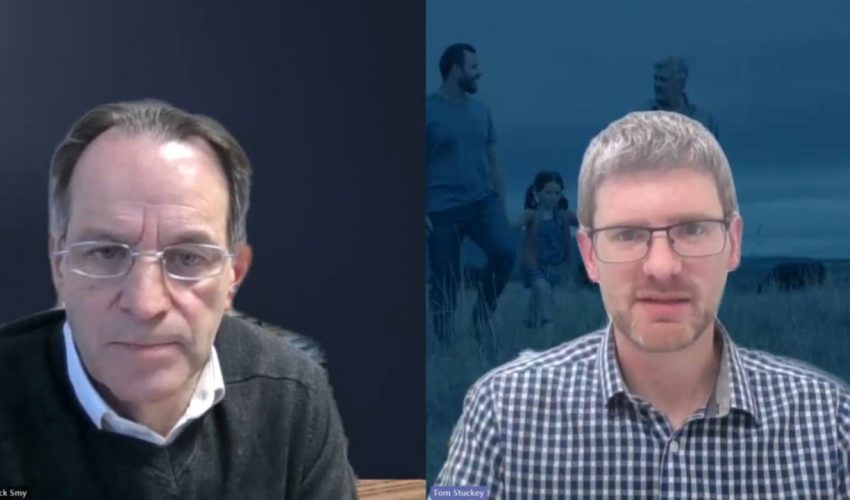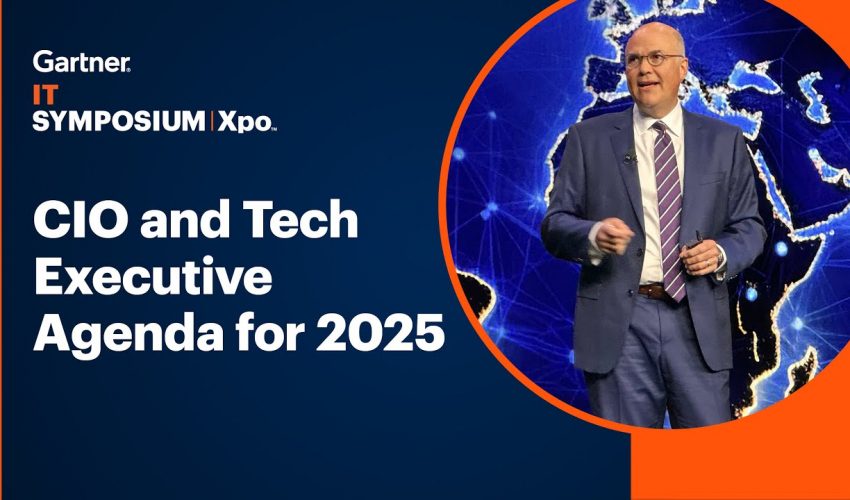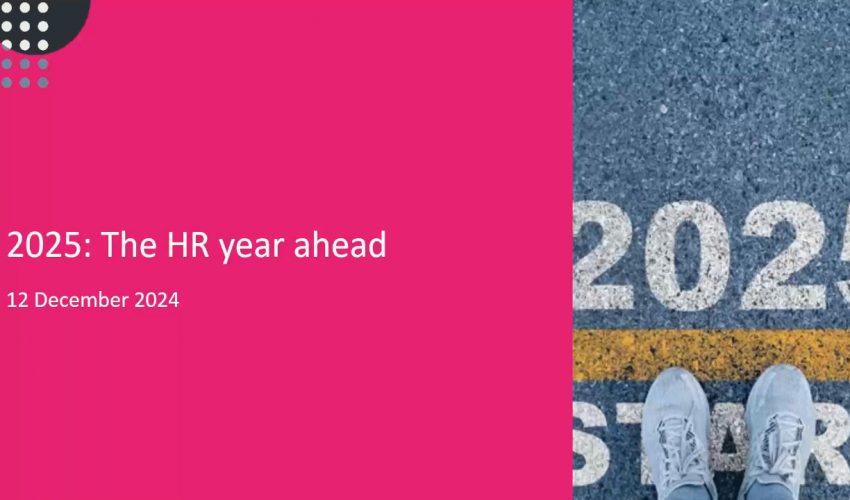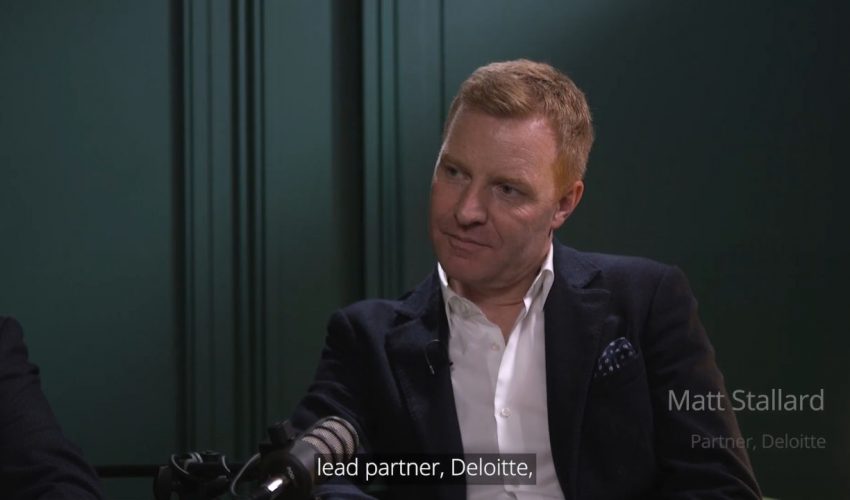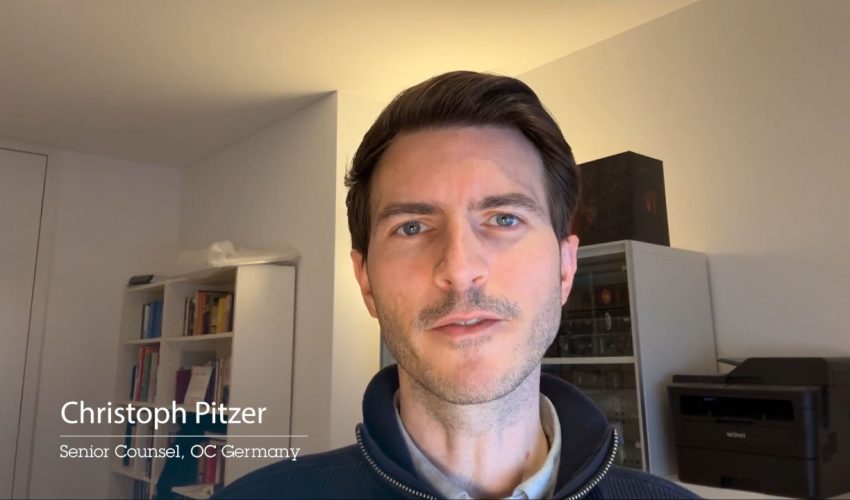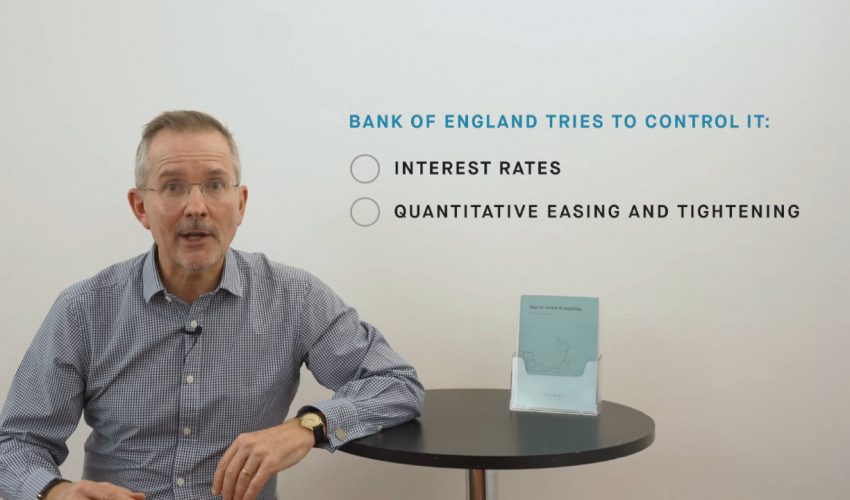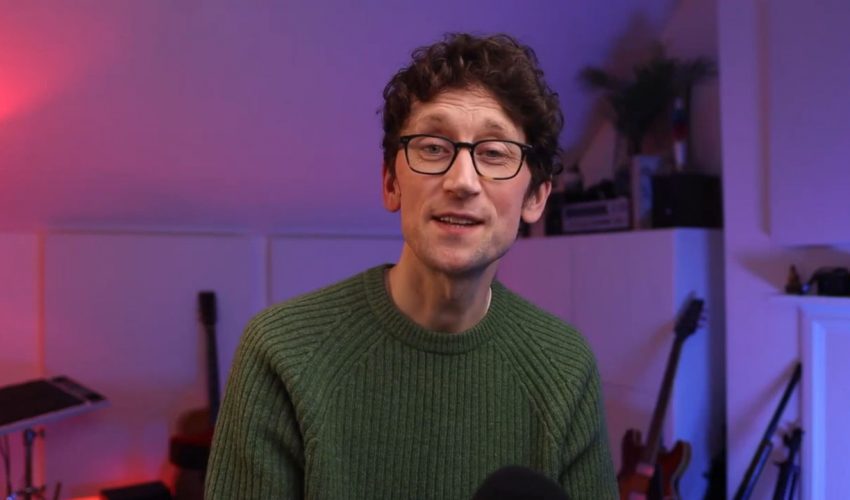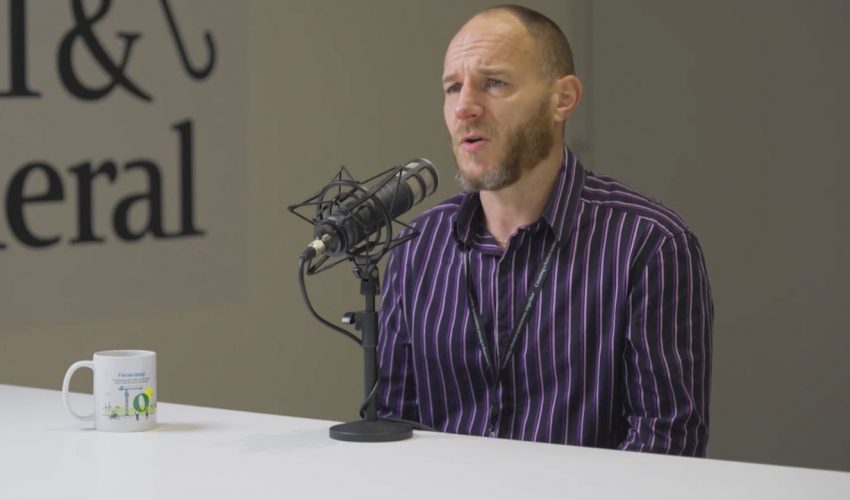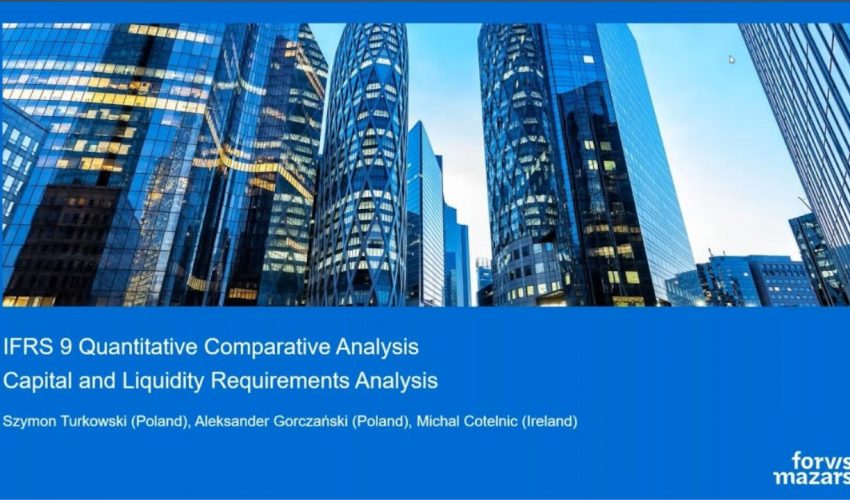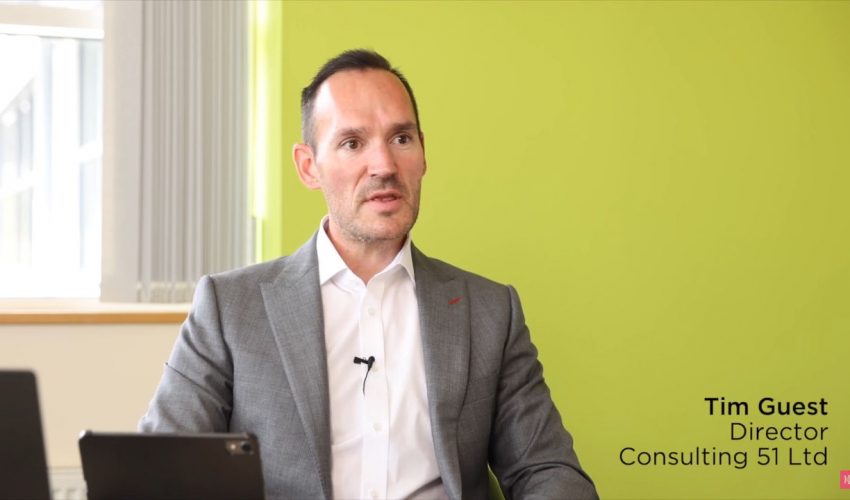In this interview Marc Harris chats with Alexa Owen, Head of Private Clients, Aon UK Limited to understand how those with a little more to protect can benefit from engaging a specialist insurance broker. Alexa explains for us how Aon works closely with individual clients to undertake a comprehensive assessment of their assets and how they then work with insurers to offer the best possible terms of cover.
Introduction
Ch 1. Why would people with a little more to insure perhaps see a shortfall in the insurance process?
Ch 2. What value of assets warrants a more bespoke approach to insurance needs?
Ch 3. Are there other instances which mean that people don’t keep track of the true value of their assets?
Ch 4. What kind of other assets are you and your team typically arranging cover for?
Ch 5. Do you sometimes have to go the extra mile when it comes to handling claims?
Ch 6. Could you give us any other examples of where perhaps standard off-the-shelf policies may fall short?
Ch 7. How many people do you think actually read the small print of insurance policy that they’re signing up to?
Ch 8. How to you actually accurately assess the assets of each individual client?
Ch 9. So an expert member of one of your partners will come out and then do an independent valuation of that item?
Ch 10. How do you cater for the idiosyncrasies of each client?
Ch 11. Can this ‘floating limit’ be applied to other assets as well?
Ch 12. How to you deal with clients who may be concerned about giving over so many details about their valuable items?
Ch 13. What does the ongoing relationship look like?
Ch 14. Can polocies be written in the name of more than one person?
Ch 15. How do relationships typically start?
Ch 16. How much time does a home visit typically occupy?
Ch 17. Is there anything that Aon don’t insure?
Ch 18. What other benefits does working with Aon bring to the table?
Have You Considered Private Client Insurance?
** The text within this document has been auto-generated from the original recording and therefore may contain small inaccuracies.
Marc Harris:
Hello, Mark Harris. You’re watching Business TV. Thanks so much for joining us again. I think it’s a fair comment to say that nobody out there is actively looking for ways to increase the amount of money that they’re spending annually on their insurance policies.
However, I think it’s also fair enough if I were to say that we’re all familiar with the concept of you get what you pay for. And of course, insurance is no different to any other product or service in this respect.
The whole point of paying for your insurance policies is that they pay out when needed. Otherwise, you’re merely paying for a false peace of mind until such time that a claim actually needs to be made.
In the interview that you’re about to watch, I chat with Alexa Owen, who heads up private clients at Aon Insurance Brokers. And Alexa very kindly takes us through the relationship -driven approach that her and her team take to ensuring the personal assets of affluent individuals, which is a bracket that most of you will very much fall into.
Alexa explains how their approach is able to deliver their clients an optimal balance between cover and cost, how their clients are able to benefit from individually tailored policies that accurately reflect the assets that they have that are professionally managed by a dedicated team, and importantly, don’t merely offer peace of mind, but an exemplary claims management process in the event of worst-case scenario striking.
Aon are one of the world’s leading and largest insurance brokers, and as such, they benefit from very strong relationships with a large yet select stable of leading insurers. And there’s very little, therefore, that they can’t cover, although there are a couple of items that they don’t offer cover for, and Alexa will explain for us what they are later on in the interview.
Alexa herself has some well over 20 years experience working in the insurance sector, and she holds the very high status of chartered insurance broker. As always, please remember you’ve got lots of links underneath this video as it plays on your screen, which will travel you through to Aon’s website, so you can learn more about how they’re able to help you ensure your home, your holiday home, your car, your art or wine collection, indeed any other valuables that you might have accumulated over the years. So please enjoy.
Alexa, can you explain to us why it would be that in the case of those who have, for example, a little more to protect and let’s call them high net worth individuals or in our case sort of business owners who are doing well and have accumulated a number of sort of assets and higher value items over the years. Why would it be that their insurance needs might not really be met by insurance policies that they currently have and there might therefore be a sort of shortfall in the claims process?
Alexa Owen:
I think you sort of you made the point a little bit in the question actually because people do accumulate things over time, and the wealth accumulates as do their assets. So when we talk about assets, we’re talking about the stuff that’s in their houses. So you don’t move in with your partner, and then day one you buy everything, and then that’s it for forever and ever
Your tastes change, and the cost and things change as well. So I know that the sofa that me and my husband bought when we first got together was a very basic IKEA sofa, and then we’ve upgraded as we’ve been able to, and the kids have grown up.
So it’s, you don’t necessarily think of that as you’re getting rid of one thing and then buying a new thing. So people become very accustomed to their own surroundings. So what was quite an expensive item, they’ve maybe not thought of it as quite an expensive item, and actually that there might be some implications that if that item was damaged, then there would be a higher claims implication for them.
So actually making sure that those levels of insurance are correct, and it’s not an exact science, it’s quite difficult to do, but when you go online and buy your insurance, you have to say what it is, that they don’t ask you many questions, whereas if you’re using a broker, we know what questions to ask, we can give a bit of guidance, how to split things out, etc.
So that’s probably one of the biggest reasons being under insurance, that once you start talking to a professional, then they tend to be able to get the better information out of you.
Marc Harris:
Can you give us an idea, a ballpark, as to sort of what sort of level and value of assets in general in your experience, warrants an individual starting to think, I might need a slightly more bespoke approach to my insurance needs. Is there any sort of indication?
Alexa Owen:
So it’s quite subjective maybe actually, but as soon as you start trying to put figures in online and it’s not really coming out there with the right thing. So they, you know, they often talk about on these online sites, unlimited buildings cover or unlimited contents cover and you think actually that will be fine.
It’s when you get to that small print piece that maybe it’s not actually unlimited. So we sort of say you would look at contents and ensure there’s a really good starting point. So if you’ve got a good idea how much your contents need to be covered and we’d start to look at something that’s maybe around 100,000, 150,000 which actually doesn’t sound like that that much but if you had to buy it all again in a day it’s actually quite a lot quite a lot of money.
So it’s probably 150,000 start to come out of the online providers. We sometimes talk about property values which and again, it’s quite difficult when you’ve got quite a big North-South divide. So in the North, we’d say anything over a million, a million and a half in terms of the property values, how much you buy it for. Down South, certainly in London, you’re looking at maybe two, three million before it starts to be that sort of size property that maybe warrants something a bit more.
Marc Harris:
Are there any other circumstances which mean that people don’t sort of really keep up to speed with the true value of the assets that they have?
Alexa Owen:
So fine art is a good example. Fine art market could be quite fickle. So some one year you’re painting a copy worth hundreds of thousands, and then the next year the artist goes out of fashion, so to speak, so then the value will come down. What we are seeing that is you’re almost guaranteed to see increases in watches and find jewelry. So diamonds, particularly, they tend to increase year one year. And again, you think of a couple that’s been together for a long time, maybe when they got together, they didn’t have lots of money, but they still bought a nice engagement ring, for example, and maybe an eternity ring once they’ve been together a little bit longer.
And then other bits, that original engagement ring has increased in value. And we do see occasions where delayed might get a new engagement ring, which is a lot more valuable, and then they use that one instead. But we sort of look at recommending to our clients that they get valuations every three to five years, depending on the current state of the market. And we’d be guided by the data that we get from insurers on that as well. But yeah, it’s quite a tricky one, is that fine art and jewelry market.
Marc Harris:
What sort of other assets do your team typically are typically arranging cover for?
Alexa Owen:
So we’ll look at the whole portfolio for a client. So what have they got? the main home, they might have a holiday home, they might have another holiday home that they maybe use as an AirB&B, so they’re getting a bit of income from it, and then you look a little bit wider at the cars, they might have the nice everyday car, they might have the weekend car, classic car, and then when you’re getting into sort of that more ultra high net worth then we start to look at the holiday homes much farther overseas, and then yachts as well, and then you get into the realms of super yachts too, which you know you may be looking at anything 25 million pounds upwards for a super yacht, so they’re very much the ultra high net worth.
But as much as we can we’ll look at collections as well, so we’re seeing a bit of a trend at the moment for people, collecting whiskey for example, so making sure that we’re on top of what the trends in the market are, and that we’re having those conversations with the clients, so they’re not just shoving it into general contents cover that we are getting it right for them, that policy that we arrange is bespoke to them and what they need.
Marc Harris:
You’re dealing with such a sort of mixed class of assets. I guess you sometimes have to go quite the extra mile when it comes to handling claims.
Alexa Owen:
A lot comes down to the client’s attitude to risk. So they might not make a claim for a small item, which is fantastic for us and probably for them.
So it’s understanding what the client’s attitude to risk is, but then if somebody loses something, and jewelry is quite a good example because there’s so much emotion with jewelry, especially if it was something like an engagement ring or if it’s something like a family heirloom that’s been passed down, what we don’t want to do is tell the client, okay, well, here’s a load of money or here’s some vouchers for high street jewelers because the likelihood of them having got that piece of jewelry from a high street jeweler is very low.
So we have had occasions where we’ve worked with the clients and we’ve worked for jewelry designers, for example. So they know what it looked like and we’ve managed to make something that looks pretty much identical to what they had in the first place.
Now, obviously, it’s not got that emotional attachment to it anymore because it’s not the original piece, but you’re replacing a legacy. So they either want something entirely new and different that they want to then pass on, or they want it to look exactly the same as what they had so using photos and using jewelry designers, we work in conjunction with our insurer partners as well to make sure that the claim settlement that the client is getting is what they want. These people are busy people more often than not and so do they want to be finding jewelry pieces to give you valuations to be then to make a settlement? Actually, no, they want you to sort out for them. So we do hand hold as much as we can with these clients.
Marc Harris:
Right. And that’s a very good example of how the sort of service that you offer differs. from off -the -shelf policies, where I’m sure one isn’t going to get that sort of level of attention. And yeah, I can certainly see with items like jewelry, as you said, items that have been passed on, it’s not just a question of trying to, if one could replace the item itself, but the emotional element that comes with that. Obviously, that’s something you do different. Can you give us any other examples of where perhaps standard off-the-shelf policies often leave people with greater exposure to risk than they perhaps would have been aware of, obviously, and not aware of until the sort of worst-case scenario happens?
Alexa Owen:
I think, you know, we’ve sort of spoken about it a little bit already, but we all buy things online every single day. You know, we’re all probably with iPhones, and it says, have you read the terms and conditions, and you’re just scrolling through it trying to find the tick box.
You’re not reading it. When you enter into a contract of insurance, you are entering into a legal contract between yourself and the insurance company. So for me, it’s important that you have some advice around that contract.
So when you’re doing it online yourself, you’re almost holding yourself out to be the expert to say, okay, I know that this is going to operate in the event of a claim. Whereas I think they would be surprised with a lot of the times that it’s maybe not going to operate the ‘unlimited’ cover maybe isn’t unlimited and there’ll be certain inner limits that are there and it’s in all the documentation that gets sent out.
Unfortunately, our regulator insists that we send reams and reams of information to our clients to allow them to make an informed decision. But the benefit of using a broker is actually the broker is advising you to say, this is what we’ve found for you. This is how much it’s going to cost. These are the pertinent points. These are the things that you need to do.
So sometimes there might be, you have to upgrade your alarm, for example, or you need to get another safe installed or they want a different fire alarm, things like this that we are obligated to inform our clients before they make the decision. And it’s all got to be upfront and clear for them. So I think the shortfall comes when you are holding yourself out to be an expert and entering yourself into a legal contract, whereas this is what we do all day, every day. And we have protection in the event that we get it wrong, which we don’t.
Marc Harris:
How many people do you think actually read the 18 pages of insurance policy that they’re ticking a tick box next to? Probably small, isn’t it?
Alexa Owen:
I should think it’s a tiny number. I don’t think… I’ve been doing this for 25 years now and no client has ever wronged me and said, I read in my policy wording, dot, dot, dot. And there might be certain things that they pick out, but generally speaking, especially when you’re using a broker, you are trusting your broker to place that correctly on your behalf. Now there is a responsibility on the client, which is where we like to do the fact finding and we like to visit our clients in their home where possible so we can actually sit in their surroundings and we can ask those pertinent questions knowing that the response that we’ll get will form the contract of insurance that we’re gonna put in place for them.
It’s so much easier to be face-to-face with somebody doing this sort of fact find than it is over the telephone or by email, anything like that. I encourage all my team to go out and see as many of their clients who have time to go, who have time to see them.
So we do appreciate that these people are, they do tend to be very, very busy, but the importance, we cannot stress the importance enough. It’s not just because we want to have a nosy around the house, it’s because we want to make sure that they’re not just being complacent about the surroundings and we are asking the right questions and we are.
able to give them the advice that they that they need at that level of wealth.
Marc Harris:
I think the advantages of having a home visit where somebody’s coming in and asking you all the right questions so that a policy can be correctly formed far outweighs the amount of time one would have to invest in actually trying to do that process as accurately yourself without any help. So I can certainly see the advantage in that. When it comes to that process, Alexa, when you when you and your team are in a home and you’re obviously having to look at the various different assets or speak to the client about various different assets that they’ve got that may or may not be physically visible to you at the time. How do you go about doing that because you must come across an incredibly mixed bag of assets and you can’t be experts on absolutely everything whether there be wine collections or jewelry collections or this artist who’s currently all the rage or whatever. So how does how does that actually work because that in itself must be must be very challenging but yet of course under underpins the cover that you offer?
Alexa Owen:
Yeah so we you know as insurance brokers we don’t value anything. We can’t or we’re not qualified to do so. Now what we do have is I guess a little black book. So if we come across a client who does have quite a significant collection of anything and it turns out that they’ve just accumulated this maybe over 10-15 years they’ve never had it valued. They’re not really sure. It’s just you know a lot of things like art are passion purchases so you buy it because you like it. You’re not necessarily buying it for an investment so it’s been able to to work again with the client in partnership with somebody that we trust to say actually we need you to see this client and we need you to value to value these pieces of art for them.
Same with the jewelry but it’s just asking the asking the questions so you you know you might see something and so you know that’s a fantastic picture and you might say oh it’s a print. It’s not it’s not an original and you know I spent 500 quid on it. or it could be it’s an original and it could be actually something that they’ve asked the artists to create themselves. I’ve seen one individual who as part of his business there’s some quite specific packaging and he’s had this painting created and the items that they manufacture are in the picture so I know that sounds really really vague but if you see the picture it’s a stunning picture but that’s a one-off there’s not another one of those so we need to make sure that that is protected properly for him.
Marc Harris:
Right so in other words when you go in and you’re asking all the questions to identify the assets that are there at a point where you are not sure what the value of an asset might be and you need expert help if it warrants it an expert member of one of your partners will come out and then do an independent valuation of that item.
Alexa Owen:
Yeah, so you know, we don’t want our clients to spend money for the sake of it, but we want to make sure that they are insured correctly. So you know, if they’ve never had evaluation done, then yeah, spend some money on evaluation. Now, a lot of the time, the insurers will actually come out themselves. So if we, our job as brokers is to tell a story to the underwriters. So to say we’ve been to see this client, this is what they look like as an individual.
So this is their profile. This is where they got money from. This is what they do. And this is what their assets look like. And that’s sort of the more factual piece, the numbers and everything else.
And then the insurer will more often not then say, okay, well, we’ll accept it, but we want to come out and have a look as well. So then they send one of their team out who is qualified to make a judgment on contents when it’s insured and is qualified to measure the buildings and make sure that they’ve got the buildings to be insured, right.
And the benefit of that is that more often than not, once the insurer has done that and the client has accepted any changes that need to be made, they might increase the values. They might even, I’ve seen values come down as well.They will give a lot of our insurer partners then give that extended replacement cost, they might call it, or enhanced replacement, which means that we’ve been out, we’ve seen it because we’ve seen it.
If your house burned to the ground tomorrow and it actually costs more than what we’ve said it should cost to rebuild, then we’ll pay however much it costs. So they’re not going to apply average or anything because they have been out to see it. So it’s a valuable service. It might feel quite intrusive all at once. So we’ve been out, the insurer wants to come out, we may be sending someone else out. But once you’ve had that done, then you should be relatively protected from under-insurance. and as long as you get your valuations done regularly, then again, the under -insurance piece shouldn’t be an issue.
Marc Harris:
And a couple of takeaways for me there. being sort of a layman to this is interesting that you sort of highlighting of course the difference between your role as a broker and Then another firm’s role as the actual insurer but of course there’s a lot of comfort in in that in that dual process isn’t there because as an individual client I know that the insurer has actually come out independently to evaluate an item for example and then I know that my broker and that insurer are both reading of the same seats of music when the policies are created Therefore insulating myself against any shortfall in the insurance that that could occur if I’m just buying an off-the -shelf policy So that’s That’s that’s a very interesting point and I’m gonna ask you a question about the the intrusion element of it in a second and just said that so I don’t forget to ask you that question but another question that I wanted to ask you was… How much can an individual client’s attitude to to their own insurance risk and what they are prepared to absorb or not absorb. How much can that dictate the sort of policy that is written or is that ever taken into account? For example an individual might say well on those items that you know that artwork that I’ve got I’m not really that fussed about it so if I can get a value for that I’m happy but I wouldn’t necessarily want to try and recreate an original item if it got lost or stolen or burnt or whatever then I mean do the idiosyncrasies I suppose I’m trying to ask of the individual client and their own approach to risk does that can that affect the policy or do people very much just take your good advice and probably do what what you’re recommending they do??
Alexa Owen:
My job is to is to really get I guess under the skin a bit of the client to say right can we say it won’t happen to you but if it did happen to you what what’s your what’s your pain point so you know how much do you want to ensure yourself and actually how much would you think now this is this is gonna hurt me in the back pocket and actually I need I need the insurance company to come in so questions around things like excess levels and around without doing too much down like co-insurance clauses so you might agree you’ll ensure the first 10% of the risk yourself for example.
There’s lots of things like that now that tends to be the much bigger risks and that that you start to look at something like that but then we can look at how we can actually manage the premium for the client so we have won a client recently actually and incredibly healthy they’ve they’ve got it was just over seven million pounds of jewelry so that was all the jewelry that she has so what we’ve spoken to her about is right okay so how much are you wearing on a daily basis so as you as you’re going around you’re going into town with your girlfriends, what are you actually wearing? And then what would you wear if you were going on a night out with your husband and to a dinner? And actually, what’s the worst case scenario? And what’s the everyday scenario?
And then talking to her, okay, well, we can do what’s called a floating limit. So all your jewlery oy is in the safe. And what you’re assurable to say is we will pay for up to and I think we’ve we’ve limited it to like 1.5 million, which is still a lot of jewelry. So 1.5 million, she’s insured for at any one time, anywhere in the world, rather than paying for 7 million pounds of jewelry being insured at any one time anywhere in the world, because you’re more likely to lose jewelry than you are anything else.
So she’s, I think we saved just something like 10,000 pounds.
Marc Harris:
And I suppose that risk that risk management, an example that you gave there is analogous for probably lots of other assets as well, perhaps if somebody’s got a boat moored down in the harbour which actually never does more than a couple of excursions so yeah I mean I don’t know maybe a boat’s not the good example but I guess there’s lots of classic car parked in the garage that only gets an excursion once a week in the summer. Those sort of, what did you call it, a floating policy?
Alexa Owen:
Yeah so yeah the floating limit is more around sort of your general contents or jewellery things like that because we’re just ensuring the rest of it in the safe so even though if she is worst case scenario they get broken into and they get the safe open all the drawers still covered it’s just she’s not paying the higher rate than she was before because we’ve said well she’s only ever wearing a million and a half at a time worst case scenario so it’s just being able to to ask those questions and actually ensuring that the client understands why you’re asking those questions.
I used to when I first started this I used to feel like I was almost like asking all these questions about security and thinking I’m just casing the joint a little bit here and it is a little bit you want to know have you got alarm have you got a safe? I never ask to see where a client’s safe is we just ask them if they have it and what it is but it is quite intrusive is probably an unfair word it’s just making sure that we know as much as we need to know because it goes back to that storytelling piece so we can go to the underwriter and say I’ve got this fantastic risk this is what it looks like it’s right up your street I want a really good rate for it whereas if another broker goes to see the same client and maybe doesn’t ask the same questions I’m confident we’ll get a better a better deal out of an insurer partner because we’ve gone that extra mile and asked those sometimes difficult questions but so long as you explain why you need to know and you’re not telling them your case in the joint then it’s it does work really well.
Marc Harris:
You sort of almost answered the question that I reminded myself to ask you which was of course when you’re dealing with high net worth individuals like this and they’ve got those sort of assets and jewelry assets and obviously they impart quite a lot of information to you about what they own. With the best will in the world there will always be people who are of course particularly skeptical or concerned about security issues. So I mean other than coming from a hugely reputable company like Aon and of course that in itself being a stamp of approval that they’re working with a professional outfit. Do you ever have, do people ever have those sort of concerns and is there anything that you’re able to do to sort of allay those fears or you know are there, I don’t know as in we have in business sort of non-disclosure agreements or confidentiality agreements that, does that does that sort of thing occur?
Alexa Owen:
So we do work on the non-disclosure agreements and confidentiality agreements. Again they tend to be the much higher profile client who does tend to be that little bit more nervous about their personal data flying around.
And we’ve had cases where we’ve gone to the insurers, we’ve selected the insurers that would be suitable and we’ve not given the client’s name. So we just give them the facts and figures and say, right, this is what it looks like as a risk, and you’re interested in it, and you whittle them down.
And they say, right, well, this is the client, this is the profile, this is what it looks like. And it might be at that point, the insurers as the two high profile for us, or actually, yeah, this is one that we can write.
We can’t keep the clients that we’ve got if we were going to the pub talking about the clients that we’ve got. So there is a huge amount of discretion in this business. A lot of the corporate and commercial colleagues that we deal with have no idea who we insure because it’s just not worth our reputation going around talking about our clients.
So we have our systems locked down, so only me and my team can get into them. We have a separate part of the system, which is for VIPs. Now, all our clients are important, but there are certain clients that nobody else should be able to see anything on. And working with insurer partners as well who are known names in the market. So we make sure that the insurers we’re working with, the end client will have heard of that insurer. So it’s not some obscure, Bermuda rated insurer, it’s a household name. And we do actually make a point of having quite a small agency base from an insurer point of view. You might hear Brokers saying, oh, we’ve gone out to 50 different markets. I don’t have 50 agencies and I don’t want 50 agencies because it dilutes the relationship, right?
So I know the insurer partners, we work with our partners and we can go to them and say, this is the client, this is what it looks like. Will you work with us and more often than not they will, as long as it’s something that is within our appetite. So, you know, there’s a lot to be said for discretion. And, you know, I’ve had clients, I’ve asked if I can bring a junior colleague with me to see a client before. And the client has actually said I’d rather she didn’t because we’ve got some very expensive things and et cetera. And that was fine. It’s her, right if she doesn’t want three people from Aon traipsing around her house.
But it’s just building up that trust piece. And now we’ve worked with her for a couple of years. That junior colleague is allowed to come because she’s got used to dealing with the client. So it’s a partnership. And that’s how we like to see our clients to see yours. In the same way that we partner with the insurers, we take the insurers to see the clients. Our big clients have met the underwriter in person that deals with their risk.
Marc Harris:
You mentioned a little bit earlier about the sort of… Or maybe I just ask you, what does the ongoing relationship look like? Because you mentioned a bit earlier about assets changing in value, some more often than not going up, but sometimes going down, of course, is the case maybe. And of course, people are acquiring assets, perhaps disposing of assets on a regular basis. So what does the ongoing relationship look like? And obviously there’s a lot of preparatory work at the beginning when you’re doing that sort of wholesale inventory of what the client has. But then is it a question of call us if you do anything that you probably think we need to know about? Or do we all meet every six months? Or have a phone call at least every six months just to say, look, have you sold anything, bought anything?
Alexa Owen:
Yeah, so there’s a lot of it, like I said, a lot of the work is upfront. And I like to speak to my clients to find out what they want. So if they want a visit every six months and the size of the client warrants it, then that’s what they can have. If they are quite happy to just call us as and when they buy something new to make sure that we’re adding it to the policy, then that’s all to find. We’re very much led by the client. Insurance is a grudge purchase for everyone, I think. So it shouldn’t feel like, oh God, I’ve got to see the broker again. We want them to see us. We want there to be a positive experience. So the whole benefit of it being quite a bespoke arrangement is that they can also bespoke how they are dealt with.
So if they just want to see us ahead of renewal every year, fine, if they want to see us every couple of years, absolutely fine. We don’t want to force ourselves on anyone. We can explain the benefits of why we should come out, but go back to my original point of them being busy people, yearly might be too much for some people.
So it’s very much whatever the client wants, but the much bigger risks, the way you’ve got multiple assets where it may be falling into a family office, type risk, they tend to have more touch points during the year because things do change a lot.
Marc Harris:
Think about of a scenario of a sort of traditional family nucleus of the husband and wife. Is that how policies are written? Is there normally one point of contact or can policies, is there any advantage in sometimes having two people on the policy? Just the nuts and bolts.
Alexa Owen:
The advantage of two people is that we can speak to either of them but sometimes it’s just in one name but we will have permission from that one individual that another individual can speak to us about the policy.
So there’s not any real benefit other than ease of administration really but we sometimes find again with the bigger clients that you don’t always get to speak to the client because they have people working for them. So we find we deal with a lot of executive assistance, we deal with a lot of family offices. So long as we have permission, we can deal with whoever the client wants to. We just need to be very clear about what the parameters are.
So I have a client who says, send all my invoices to the CFO, but don’t send them any schedules. I don’t want them to see what we’ve got to sort the bills out. So as long as we know who gets what, and who we can speak to about what, then it’s fine. We don’t have to speak to the end client. It’s nice to meet and to speak to the end client a lot of the time. But again, if they’re busy doing other things, then we can’t force them.
Marc Harris:
Yeah, indeed. But no, but that’s interesting. And of course, obvious that you would already have protocols worked out that allow you to speak to an administrative assistant of the end client. And you’ve got ways of then being able to value items and broker cover without third parties necessarily needing to know too much detail. And I think that’s always an interesting point for many people. How do these relationships start, Alexa? Somebody’s in a position where they’re thinking, okay, I’m listening to this interview and thinking, well, I probably fall into that bracket It’s 10 years since I haven’t changed any of my existing insurance policies. And I’ve certainly bought a few things in the last 10 years. What is the first thing that they do? They get on the phone, they get on a website?
Alexa Owen:
Yeah, so I mean, to contact us, all our contact details are on our website. We have a specific Aon private clients part of the website, which tells you everything that we can do. And it’s just getting touch. What I would recommend is you give us good time because these policies are bespoke. What we can’t do particularly well is when you ring us two days before your policy’s due for renewal and say my premium’s gone up and I don’t know what to do about it, two days is not enough time for us to turn that round.
You know if you want us to do a proper job on it then you know we’re looking at 30 days in advance really to be able to if we’re going to come and see it to be able to make that appointment to come see when it’s convenient for you to get out to the market to get the presentations done all that stuff it takes it takes time and once it’s done it’s it’s done and then we just make make tweaks as necessary but to give as much lead in time as possible.
Marc Harris:
Now I suppose if you’re doing a home visit I suppose that’s a morning or an afternoon if one is realistic people need to set that sort of time aside.
Alexa Owen:
We can get them done in a couple of hours but it’s again it depends on what we’re presented with if it’s a house full of stuff then sometimes it just take a bit longer. but being as prepared as you can, so making sure that you know where evaluations are because you might be asked for. Certainly if you’ve recently acquired a piece of jewelry for example, and it’s over a certain value, the insurers might just ask for a site of evaluation on it. So purchase receipts, things like that are really important to keep along with your insurance documentation just in case they ask for it. But I mean, we can turn things around quickly. It’s just if you want us to do that proper job, like I said, as much leading time as possible, but we will speak to anybody about their insurances really because if you phone one of my team today, there’s no charge for just some advice over the phone.
Just give us some details. Obviously we’d love to be able to help everyone. Now sometimes it might be that we can’t help on occasion and we will be really honest to say, we haven’t got a market for this, but you might want to try…
And then we can give our own sort of experience out there, but don’t be afraid to find out, I guess, because the worst thing will be to find out you’re underinsured when you’ve had a significant loss.
Marc Harris:
And then so just for clarity to leave the audience with sort of an idea of just for clarity, what you can and can’t do. And obviously that’s impossible to draw up a list of everything that you can and everything that you can’t do. But for clarity, we’re talking about having a single point of contact for cover on the obvious items like jewelry and the home contents and the classic car or the car, the sports car, leisure craft, you’re part of an international group, so holiday homes and then all the associated items with those, the building’s insurance as well. I mean, this is a bespoke approach to insurance, which basically gives the client one point of contact who understands their assets at the moment and has then… worked out with them and their appetite for risk, what that insurance cover could be. Anything that you might mention that you don’t ensure, that sometimes everybody would think, oh, they’re bound to ensure that. And then you say for some obscuries, and no, no, we don’t, we don’t ensure, you know.
Alexa Owen:
Yeah, we don’t ensure horses or pets. And I think it’s a historical thing. And, you know, pet insurance is one of those things that you can get online. I think it’s a mass market thing. Horse insurance, we don’t do it. And I think one of the reasons we don’t do it is because there are people that are far better at it than us, there are experts out there. And, you know, I’m very confident in my team’s ability with everything else that we ensure, but horses is just something that we’ve never really done. We don’t do private medical insurance. Those are the two things that we don’t do.
Marc Harris:
Well, that’s interesting to know. It was a useful question for me to have asked.
Alexa Owen:
But everything else, pretty much, yeah, we’re fine.
Marc Harris:
And that’s the point. Pretty much everything else likely that you’re able to ensure. And the other thing that I wanted to ask, and again, I’m just thinking the questions that viewers might have as they think it is, is it typically the case that somebody will come to you with a particular item that they wish to ensure, and then the conversation morphs into a more holistic approach to their overall insurance needs? Or do people tend to think, okay, well, I like this, I like the whole idea of this sort of level of service and this idea of being able to bespoke everything. I’m going to look to speak to Aon. I’m going to look to speak to Alexa and her team so I can ditch off all of my, all of those insurance policies that I have the hassle of having to look at and renew every year, you know, home contents with one provider,car insurance with another, etc. Or do people phone up to you with specific examples, say, look, I’ve just bought my dream classic, you know, Mercedes Benz, and my motor insurance company won’t ensure it, but can you help me? I mean, what is the normal route that people come to you by? Again, is it a mix?
Alexa Owen:
And so they might maybe try us with the classic car. But we will always ask the question, right? What other cars have you got?
What’s your everyday car? And actually, where’s that place? And then where’s the house? Obviously, we get the address so you can make quite easily do some googling on it on an address, see how much they bought it for, things like that. We will always ask the question. We can’t ensure, so if someone just brings up and says, I’ve just bought a new Rolex, can you ensure it? So we can’t just ensure like a single watch or something like that.
And it would have to be the whole sort of the house and everything that the watch was kept in. But yes, you might find that the motor is due first, so they’ll come to us with a motor. And we might find the house is due first, but we do as part of the fact find like to get as much information as to what the clients have got and what the opportunities are and how we can best set them. But it might be that we can get one policy that we’ll do everything. So a lot of policies, a lot of the insurers that we deal with will do the home, the holiday home, maybe even a let property, cars, jewelry, watches, all that stuff on one policy.
So you get one renewal date. You only have to worry about your insurance once a year and then it’s done. But they can take time to build up if you’ve got a variety of dates during the year anyway. But we certainly try to get as much under one roof as we can.
Marc Harris:
Okay, okay. You mentioned many times throughout the interview, Alexa, which has been helpful for all of us, just giving us some insight into how Aon work. And something I think that you mentioned that was very interesting is that many, many brokers, mainly online brokers tend to do this, but many brokers make a big point of saying, we have an insurer base of…
X many companies, 100 companies, 50 companies, we put it out there in front of the whole market, get you back the best policy. And you made an interesting point that well, actually you just work with a handful of really good quality select insurers and that helps you with your relationship with them and that helps them understand that you’re bringing them to the good clients. And obviously, you guys are doing something right there because I know Aon are I think you’re the world’s second largest insurance broker So there’s lots of benefits to working with you, which we’ve kind of touched upon a little bit. Any other benefits of the sort of scale of Aon’s operation that you would like to encourage viewers to think about in terms of how that scale and market presence helps deliver benefit to the end customer, comfort or benefit, or better policies to the end customer?
Alexa Owen:
Yeah, sure. So I mean, you’ve made the point that we are one of one of the biggest, so the second currently biggest broker in the world. And what that has enabled us to do is to go out and with the equivalence of me,for example, in the United States.
So if I’ve got a client in the UK who wants to buy a property or has got property in the states, and I can make that introduction. So not only do they have one point of contact for Aon in the UK, but still dealing with Aon globally for the rest of their personal assets.
Because there are certain locations that we can’t ensure risks for various reasons. If you’ve got property in the states, you need to ensure it in the states. And we’ve got experts out there that look after that. We very much look at it as we call it, delivering it on the advantage. So I will give introductions around the globe. And in turn, they bring stuff back into us that they can’t do. So we have got that whole network office type field as well.
And then the fact that insurers want to work with us because we are Aon. And it sounds quite arrogant I guess… I know when I started here, I had insurers knocking on the door saying we want we want an agency with you And I would look at it and think, well, well, why, what value are you going to bring to what we’ve what we’ve already got? And if they’re going to bring value, then absolutely come on board, but have an understanding as to how we trade.
We don’t chop and change insurers every year because it’s it’s no good for the it’s no good for the client. We want the client to build a relationship with us and their insurer. So we would we would look at a remarketing strategy and what that looks like and and almost agree with the client how often we will put their details out to the market.
Because again, clients don’t want their data being thrown around every year. And what that actually does is there comes a time if you send something out every single year and the insurer doesn’t win it every single year, they will eventually say we’re not quoting for it.
And that might be the year you want it to actually move it. So it’s just actually been quite upfront with the clients as to how we work, but the insurers know how we work as well. So we’ve got excellent trading relationships with our insurer partners and I’m really proud of them because we’ve written risks that I think other brokers couldn’t have because they don’t have that relationship with the insurers.
Marc Harris:
Yeah, so really encompassing the true role of the broker, which is that you are managing that relationship on both sides. And worth pointing out again, I think for the viewer is that because many of us based only in the UK, we’ll know who Aon is in the UK, but it’s worth pointing out that the global nature of Aon means that when you’re giving an example, for example, speaking to an office in the United States or perhaps Aon in Spain or France,
that’s not a company who are part of an affiliate network, but who might be different. That’s Aon, so they are getting that joined up service, albeit perhaps only an introduction, but that Aon representative in the United States who’s preparing a home contents insurance policy for your client, who’s perhaps mainly resident here in the UK, it’s the same company and everybody, it’s the same reputation and have a vested interest in making sure they’re doing their job properly and vice versa but it’s all under the Aon brand of competency, isn’t it?
Alexa Owen:
Yeah, very much. Aon are very clear on their values and that’s the same around the globe. Everyone who’s employed by Aon, they have the Aon values, but beaten into them a little bit.
So you should get exactly the same from every single Aon office.
Marc Harris:
Yeah. Well, Alexa, thanks so much for answering all of my questions. Some of them are a bit prosaic, but hopefully they’ve been helpful for our viewers. I’m sure they have been. It’s an interesting proposition because I think a lot of our community are certainly in a position where they are. they do have all of those different policies with different providers. It’s probably quite time-consuming to go through all of those each year, probably in fact so time -consuming that one actually rarely looks at the renewal value and probably just decides to pay it and thinking well next year I’ll really make an effort to review and see if I can’t get the price down. So I think there’s so many excellent reasons why people should get in contact with you and I’ll just let viewers know that beneath this video as it plays you’ll see lots of links there through to Aon’s website so you can learn more about their private client insurance services there’s a contact form on there that you can get in contact you can use to get in contact with Alexa and her team I’m sure there’s telephone numbers that we’ve got there for you because I know many of you would just like to pick up the phone. So all that remains for me to do is again thank you very much Alexa for sharing your valuable time with us and giving us an insight into how you work. Thanks very much for joining us on Business TV it’s been a pleasure.
Alexa Owen:
Thank you for having me.
Marc Harris:
Our pleasure.
You may get in touch with Alexa and the Aon Private Clients team using this form
Aon UK Limited and other Aon group companies will use your personal information to contact you from time to time about other products, services and events that we feel may be of interest to you. All personal information is collected and used in accordance with our privacy statement at https://insurance.aon.co.uk/privacy-notice.
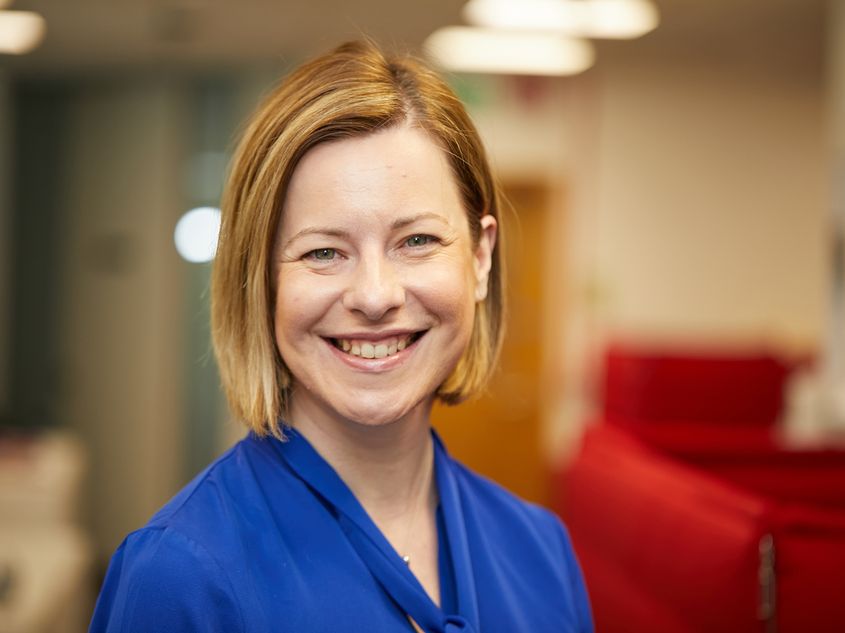
Alexa Owen
Head of Private Clients, Aon UK Limited
Alexa Owen joined Aon UK as Head of Private Clients in early 2022. With more than 20 years’ experience in insurance she holds the status of Chartered Insurance Broker and has specialised in personalised insurance solutions for affluent individuals for over 10 years.
Owen takes pride in looking beyond ‘simply facts and figures’ and instead focusing on the individual passions of the individuals, the legacies involved and the personal risks they are concerned about. Aon arranges a wide spectrum of insurance solutions – including home and contents, , fine art and collections, family offices and more.

At Aon, we understand that protecting what’s most important to you is paramount, which is why we offer a tailored service and create personalised solutions to meet your needs.
We arrange cover for everything from homes and contents to individual works of art, prestige cars and boats.
Click on the images below to access recent insights from Aon Private Clients.
A broker’s expertise goes beyond finding the right insurer. They also know how to find the right policy and, crucially, how to ensure that it stands up.
Insurance brokers have been involved in the distribution and placement of insurance policies since the origins of insurance in the 1600s. But with the advent of direct insurers in the 1980s and comparison sites in the early 2000s, the future of insurance brokers came into question. Read more…
“Art is like a barrel of oil that people like to look at,” says James McDowell, Head of Fine Art in Aon’s Private Clients team.
While fine art is undeniably enjoyable to possess and contemplate, it is nevertheless an asset. And, just like any other asset, it requires adequate protection to retain its full value. Read more…
Insuring your valuables can be a complicated affair. It is impossible to place a generic figure on what it costs to protect what matters most to you, but if you have contents worth more than £100,000, you can expect to pay anything from £750 a year up to £4,000 or more. Read more…
A business must always plan for risk and contingencies, even more so when those with a stake in the business are family. In family business, thinking about the future means not just the operational functions, but also what the management and ownership of a company looks like. This adds another layer of complexity and should therefore make planning a key priority for all family businesses. Read more…
For a full library of recent articles from Aon Private Clients please click here
Aon UK Limited is authorised and regulated by the Financial Conduct Authority. Aon UK Limited Registered in England and Wales. Registered number: 00210725. Registered Office: The Aon Centre, The Leadenhall Building, 122 Leadenhall Street, London EC3V 4AN. FP.APC.718.RR












